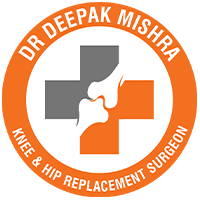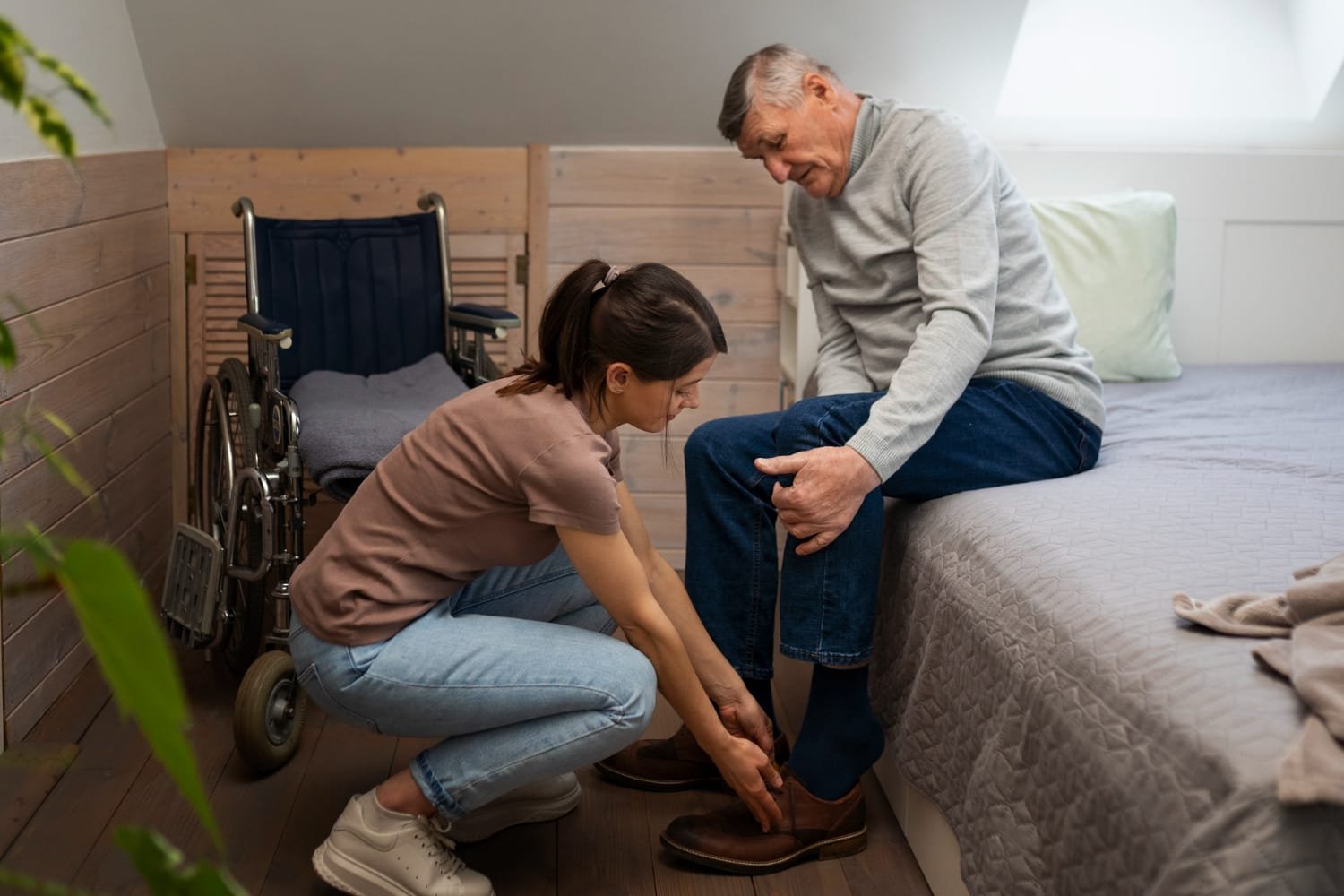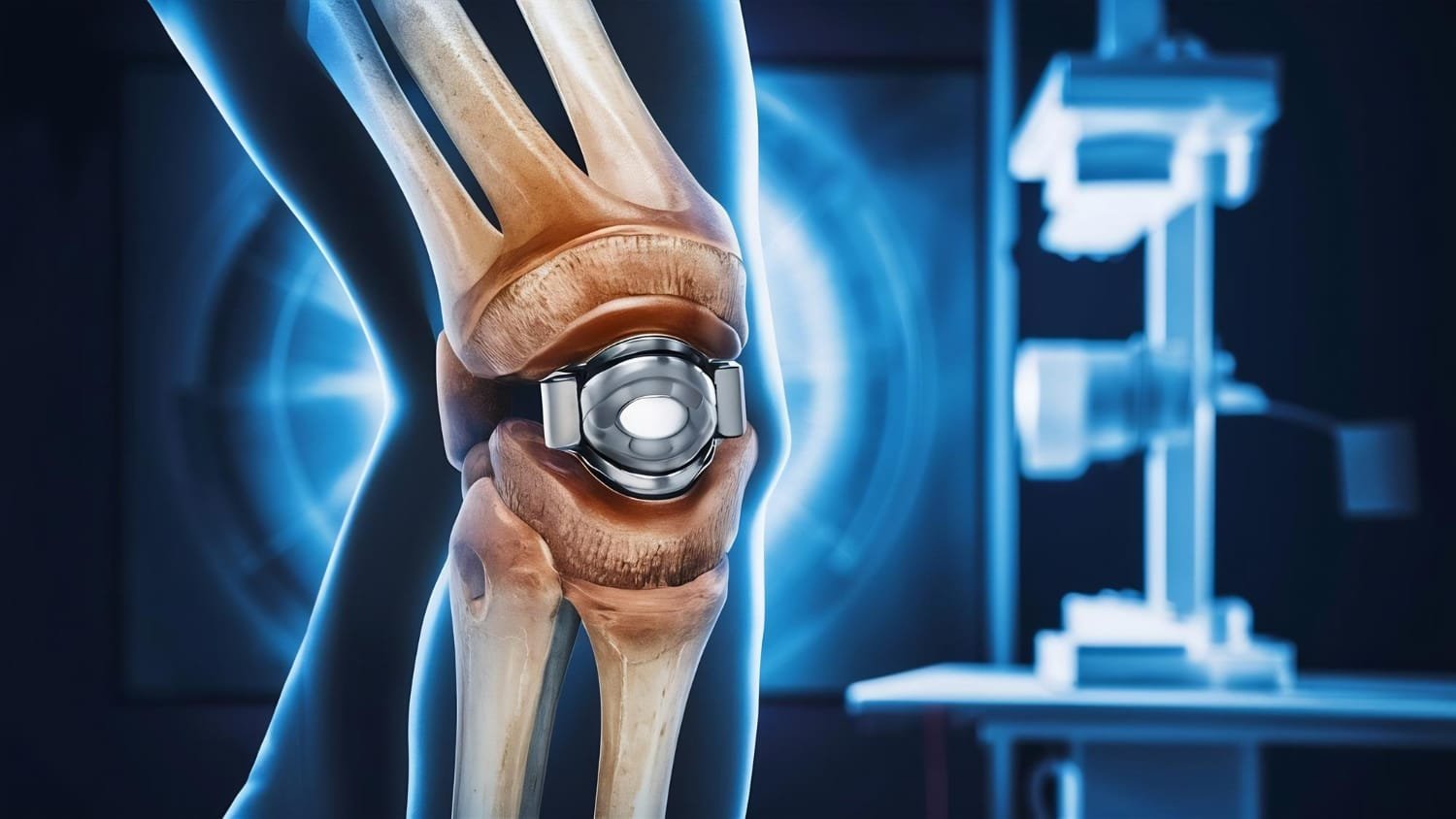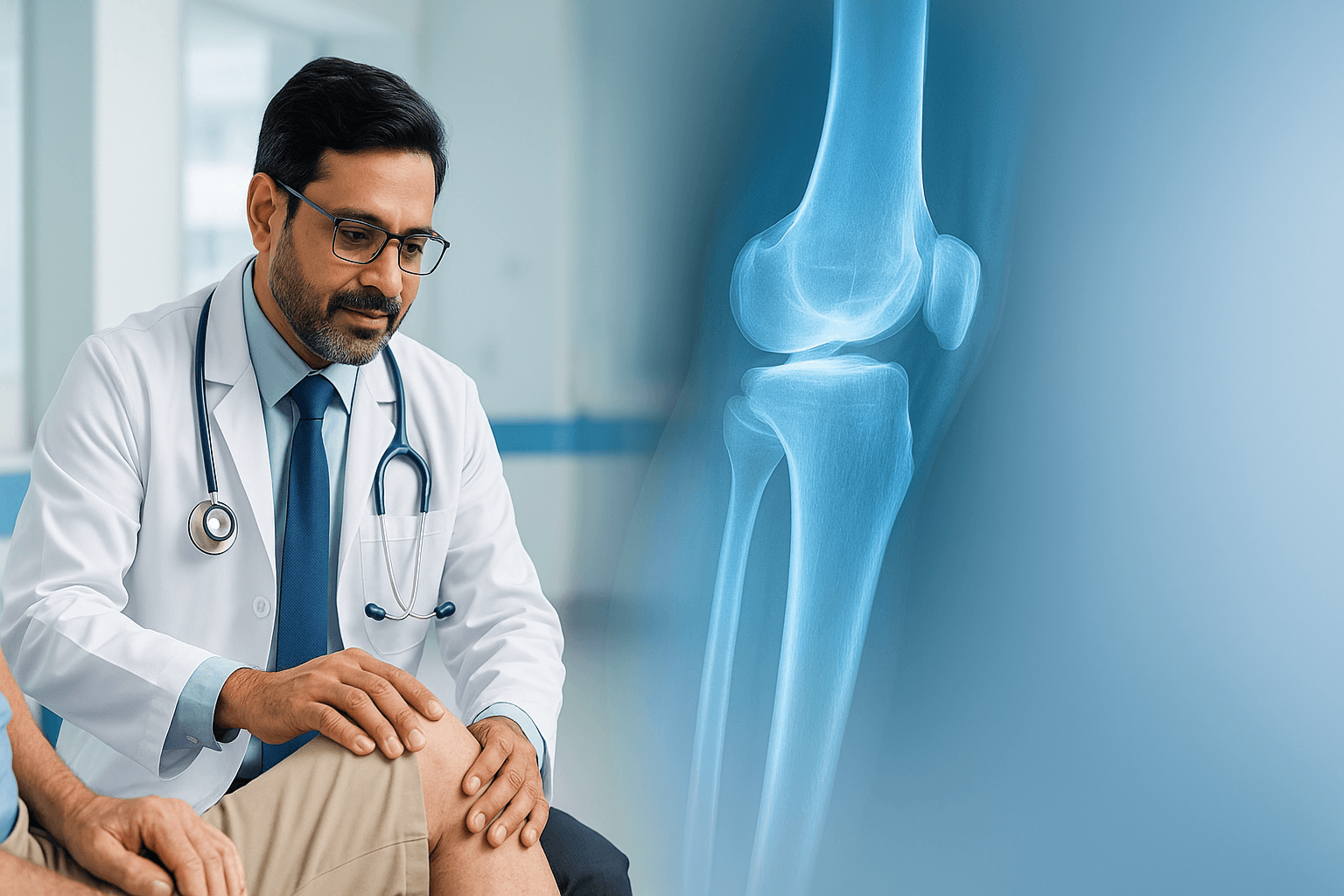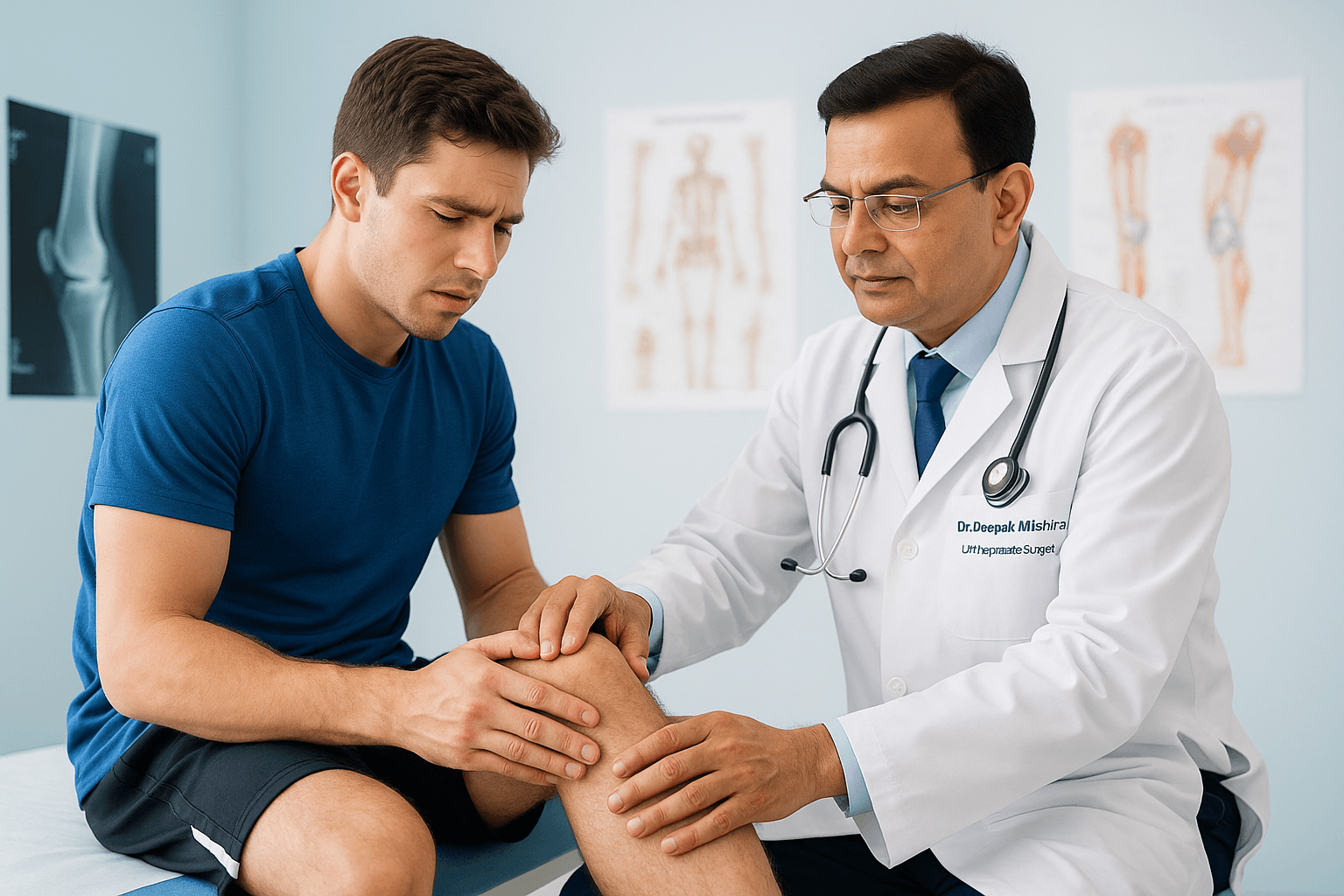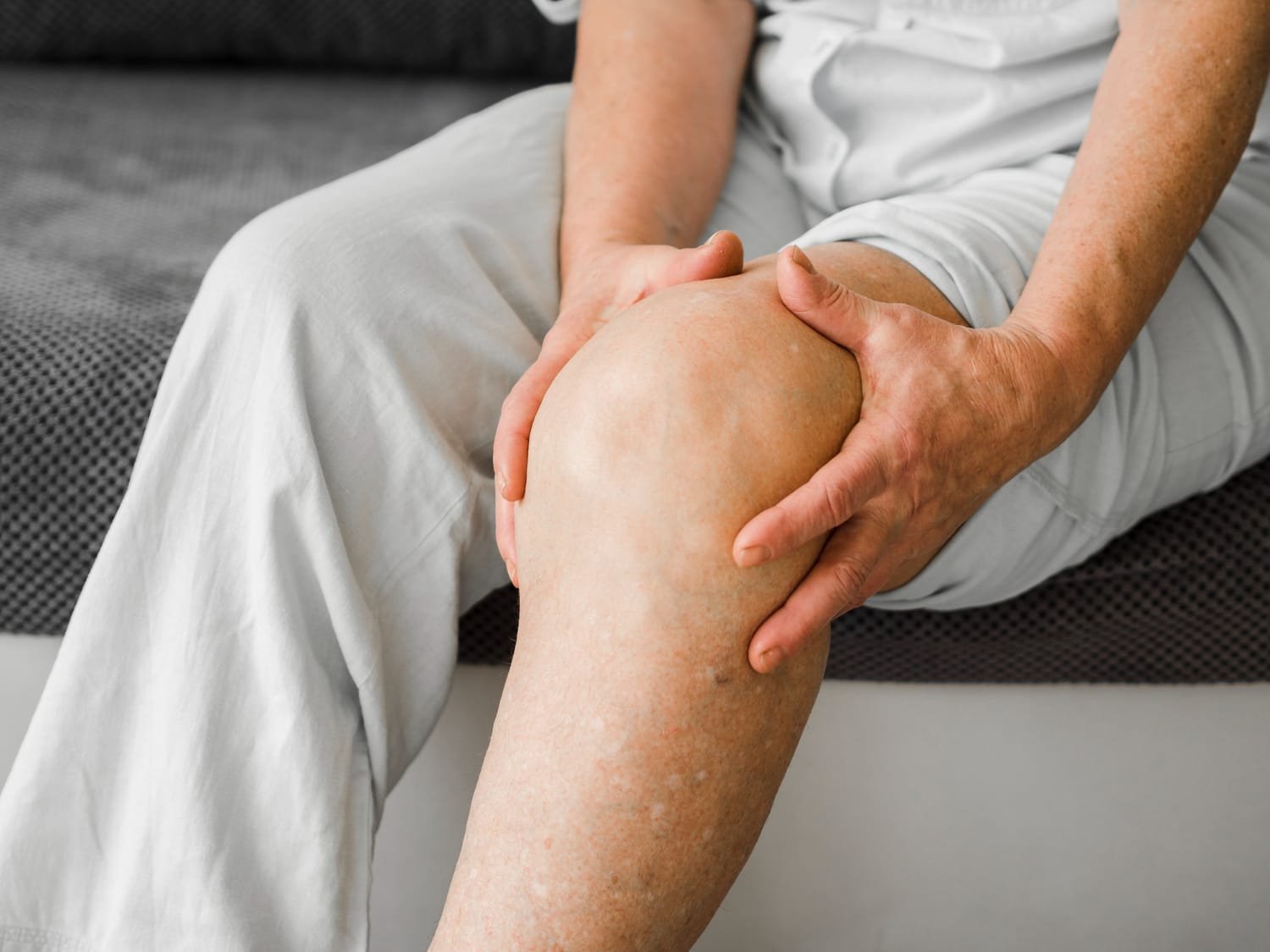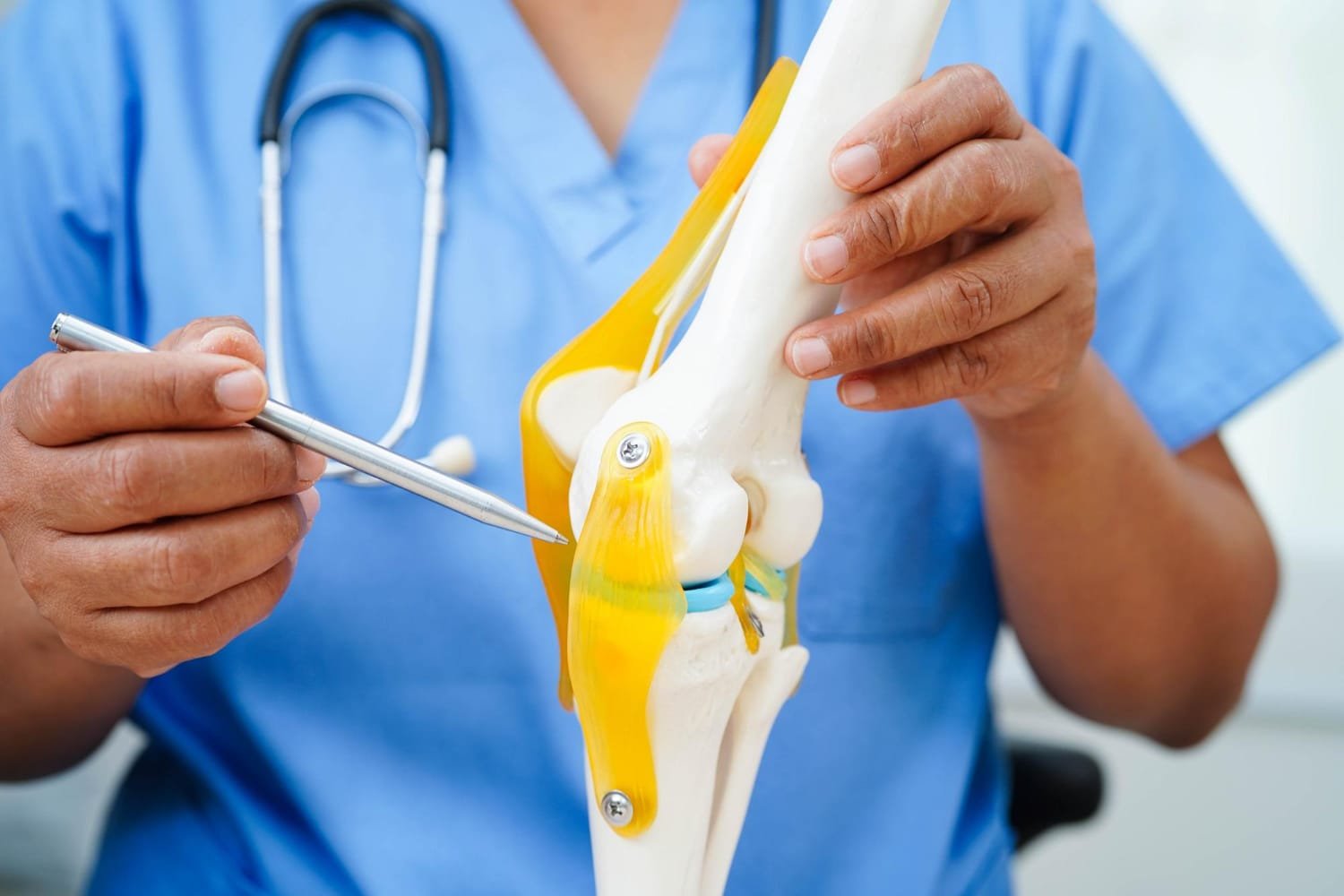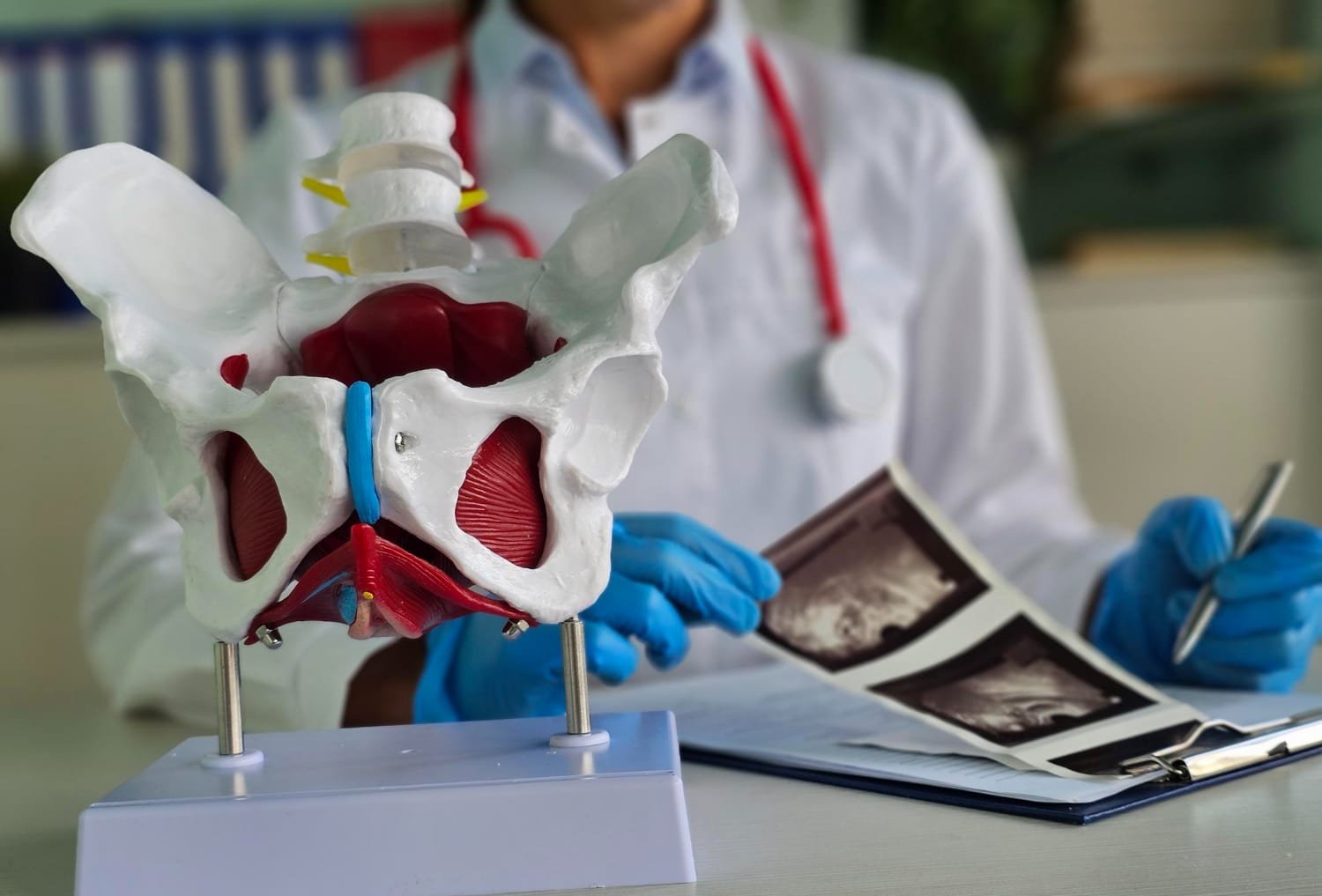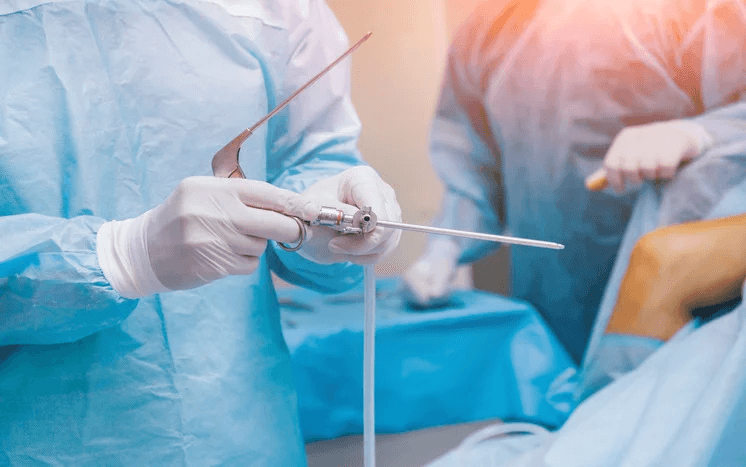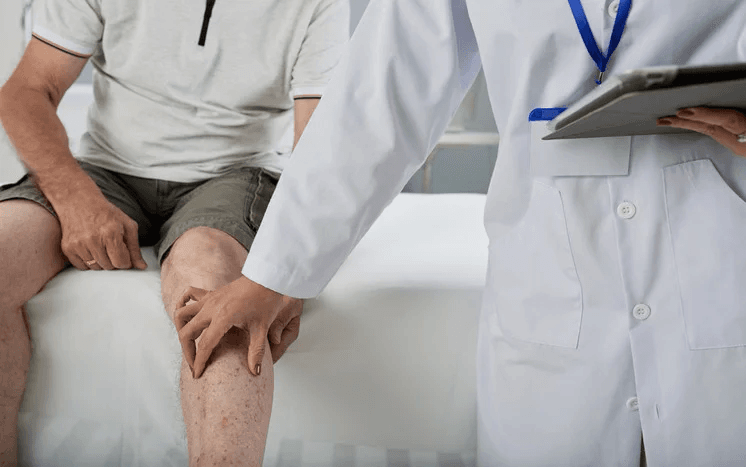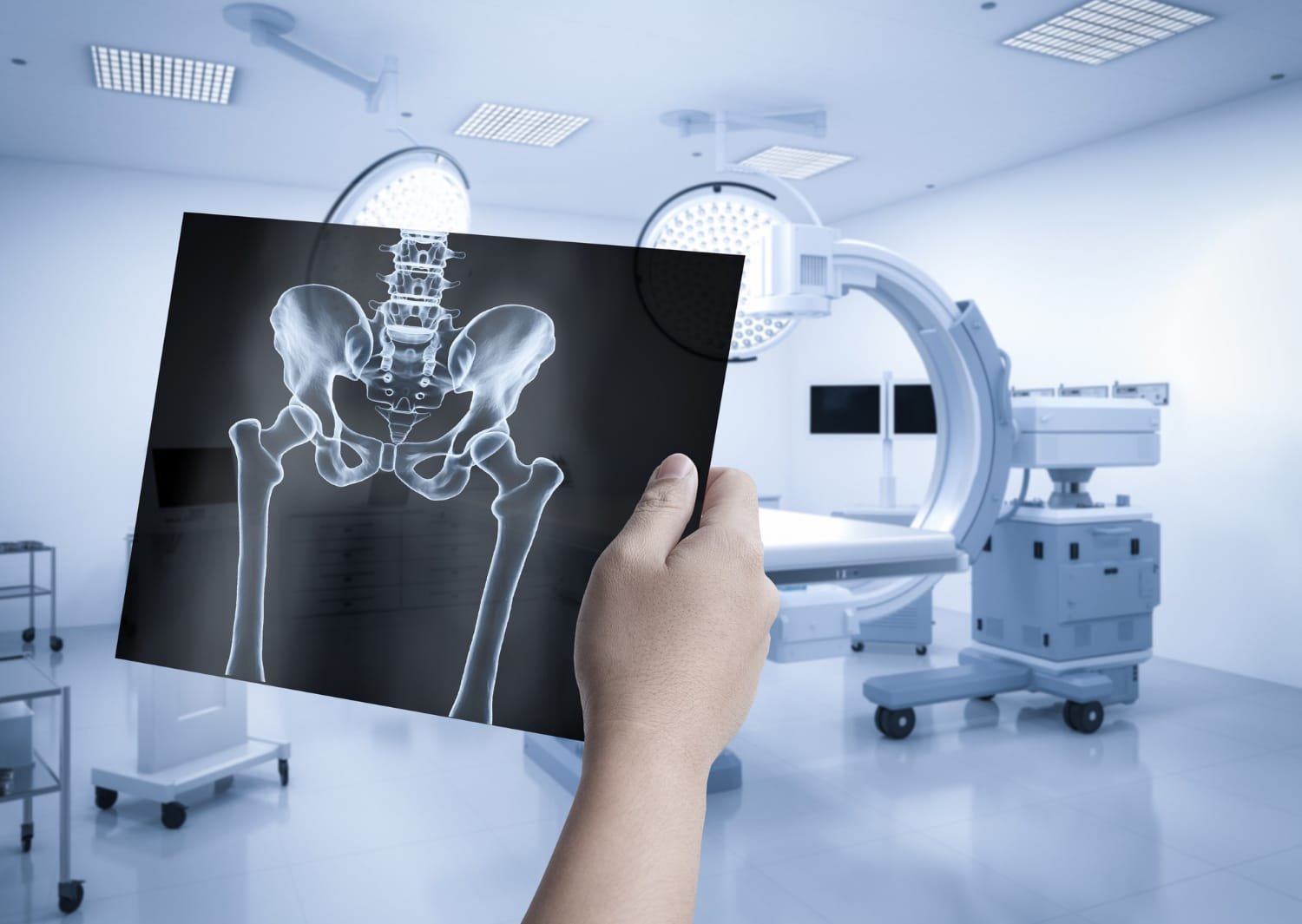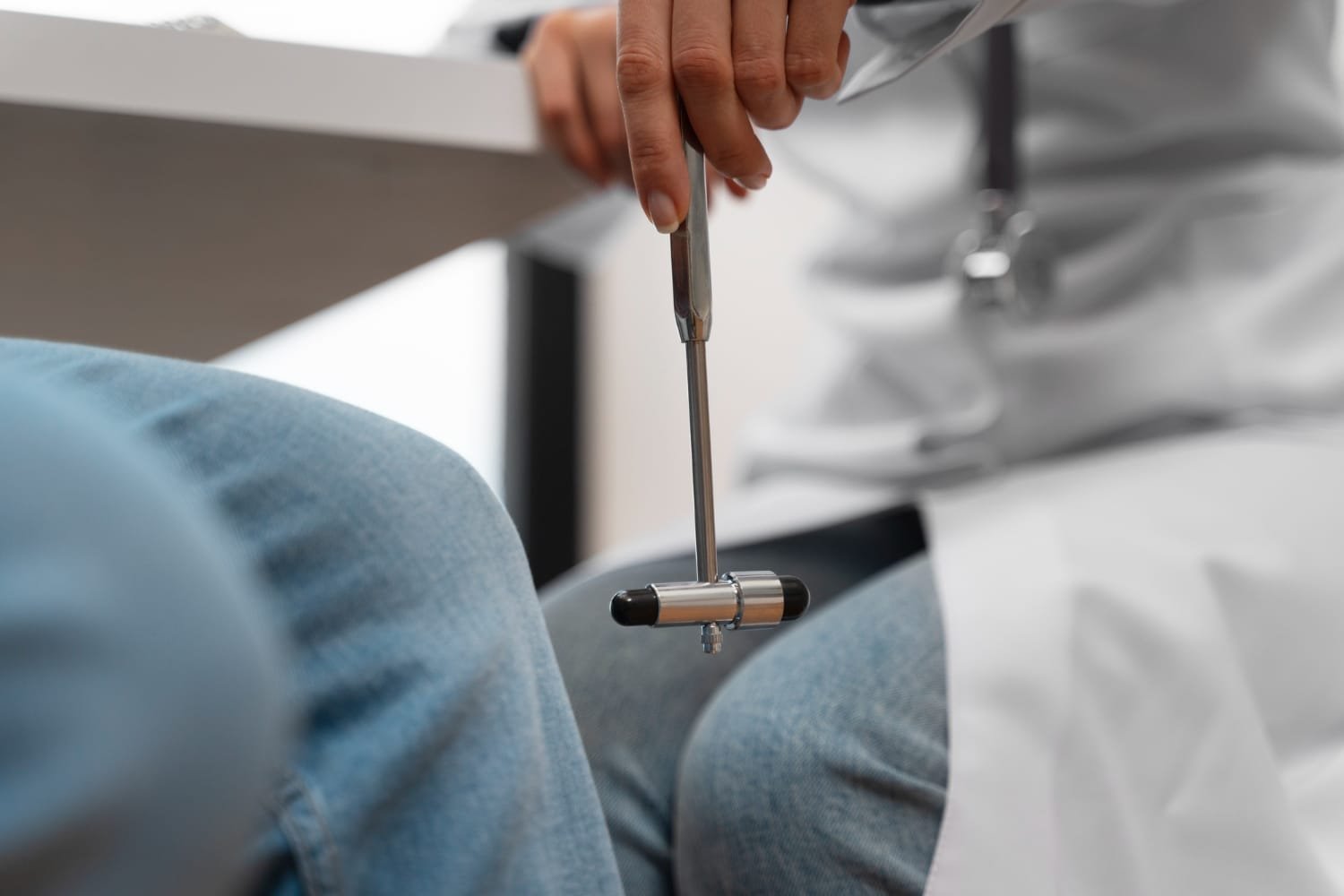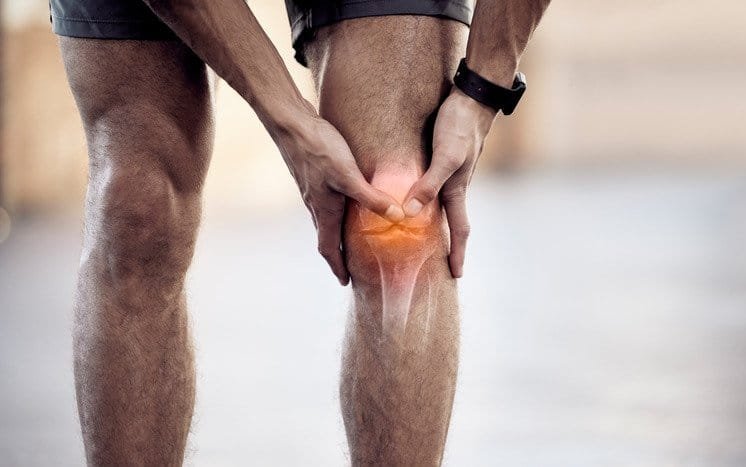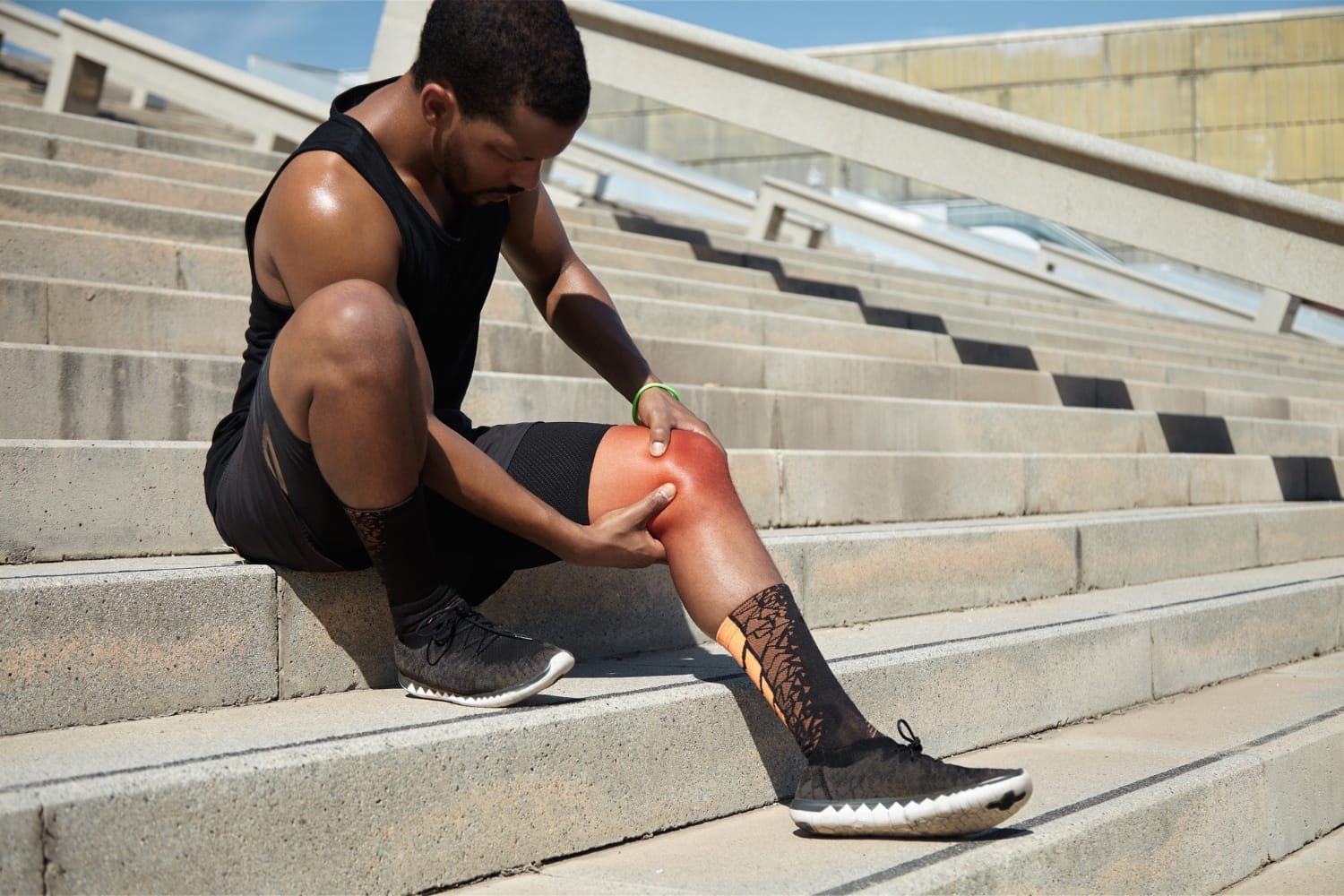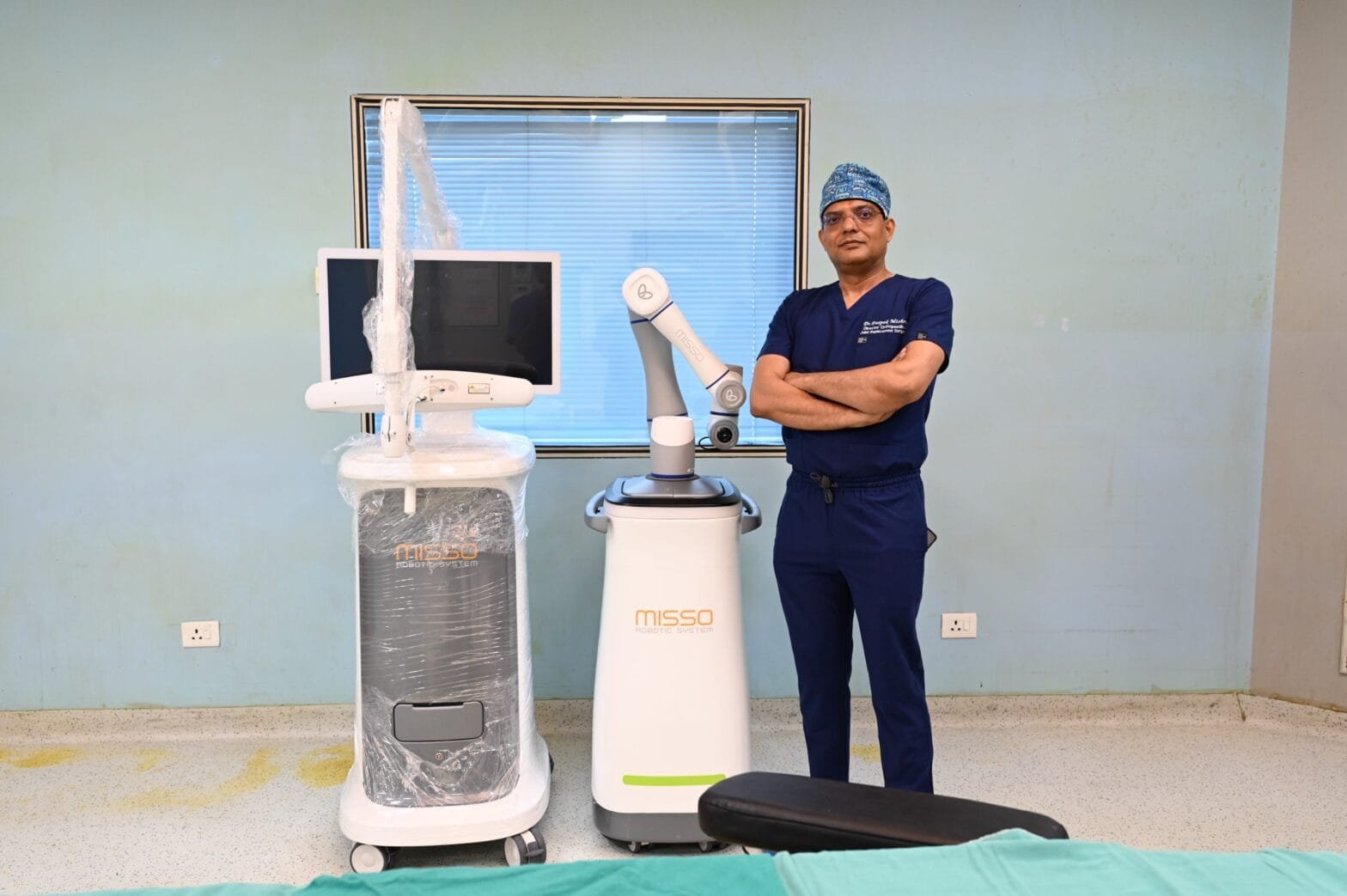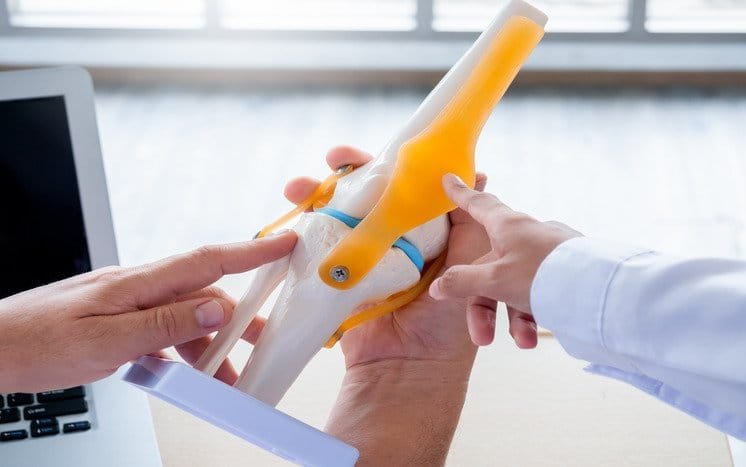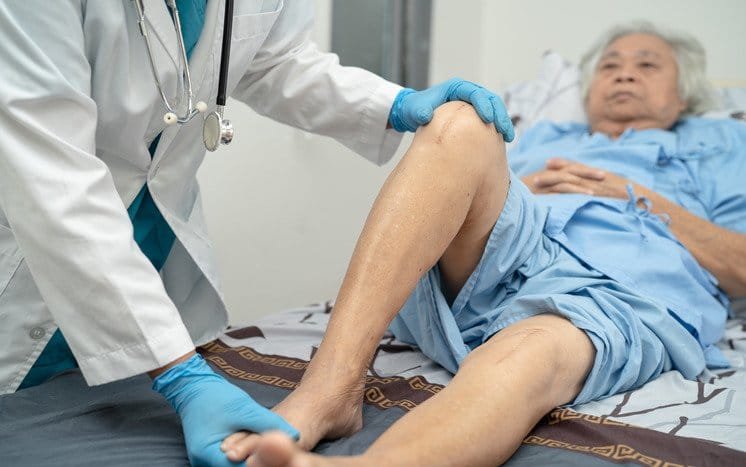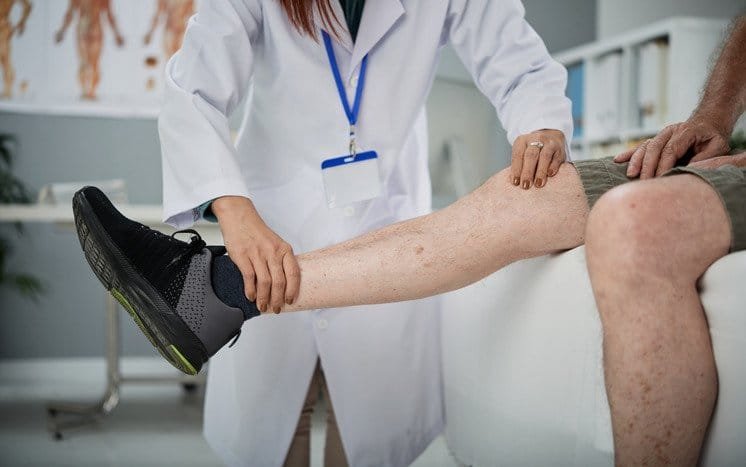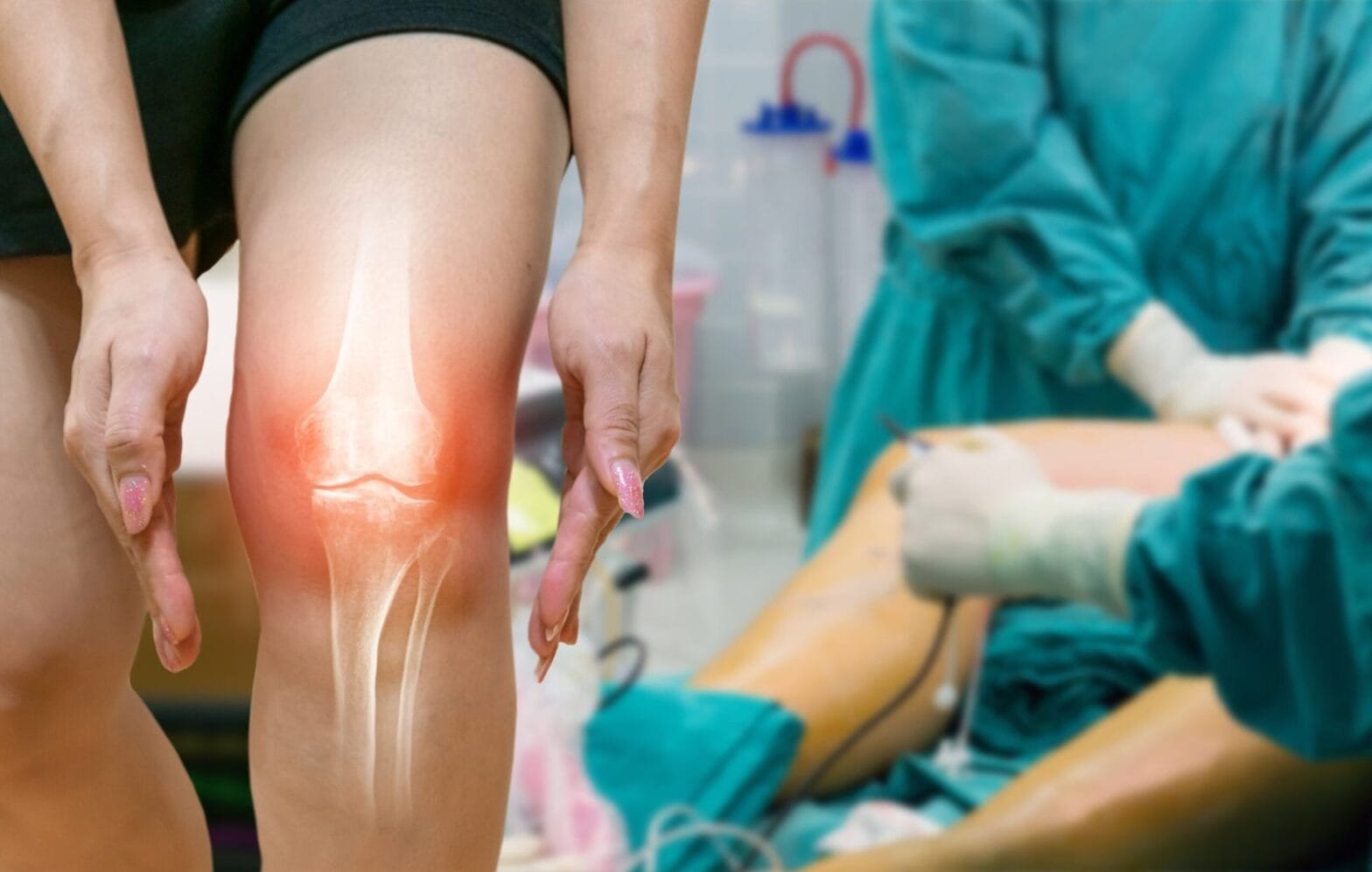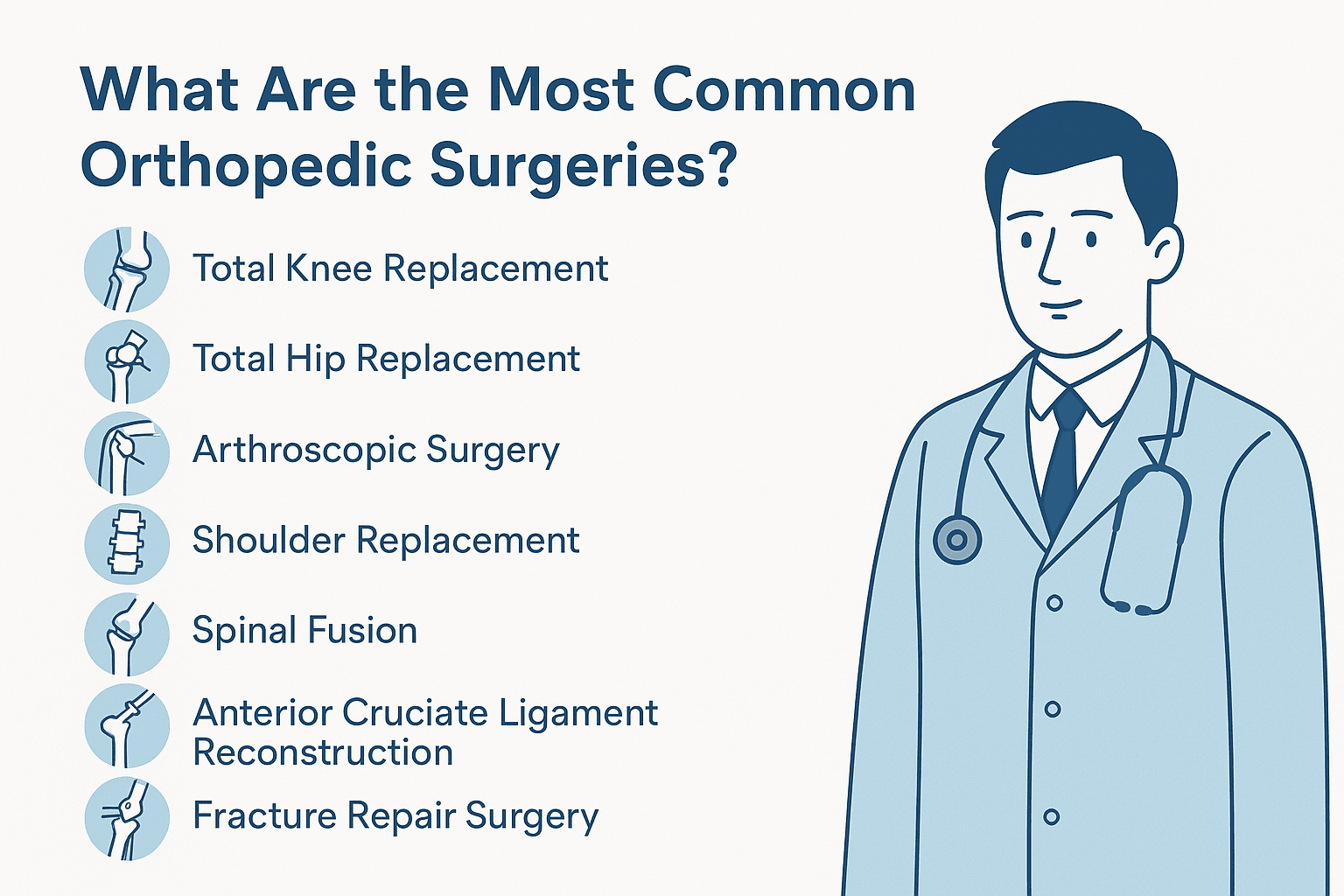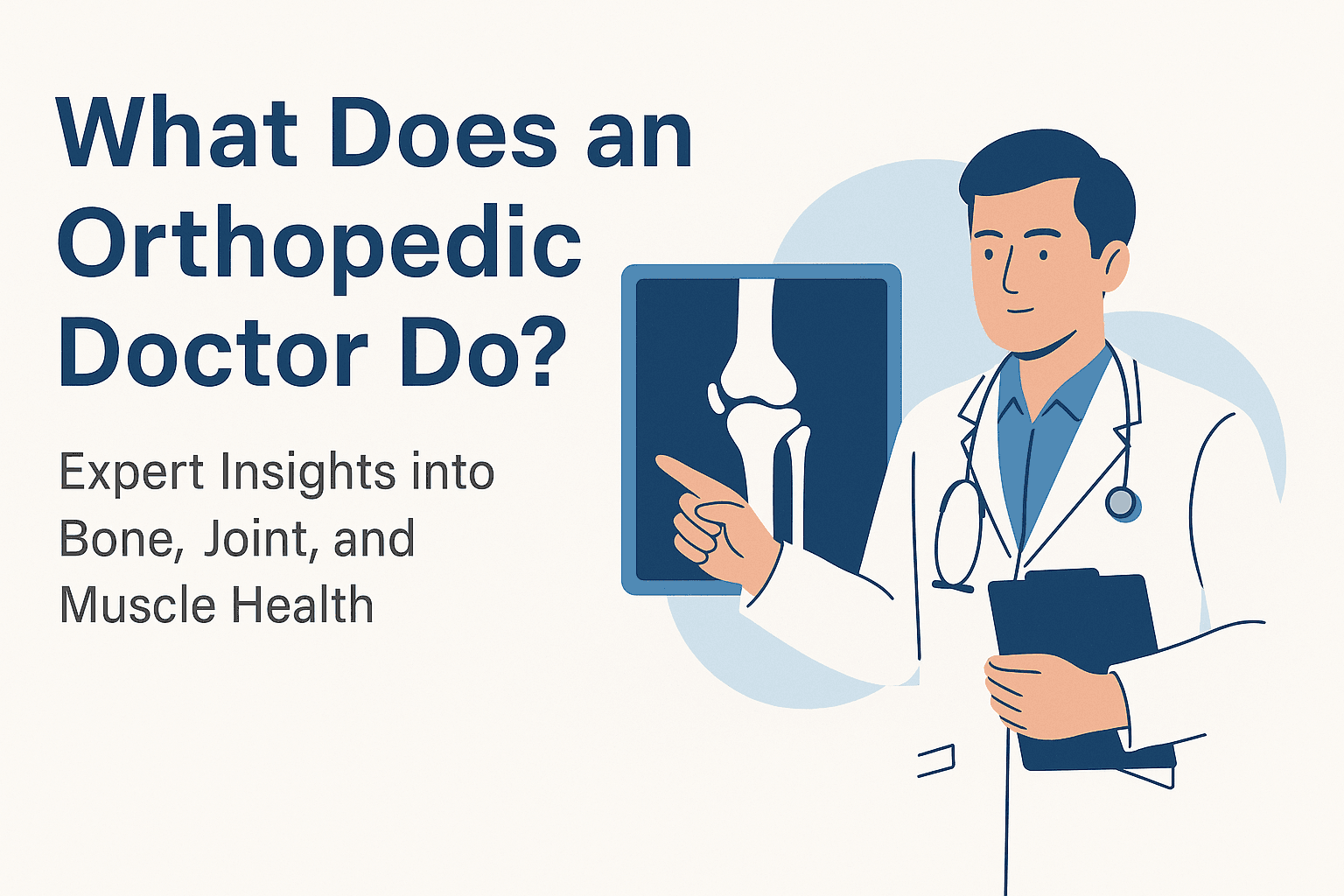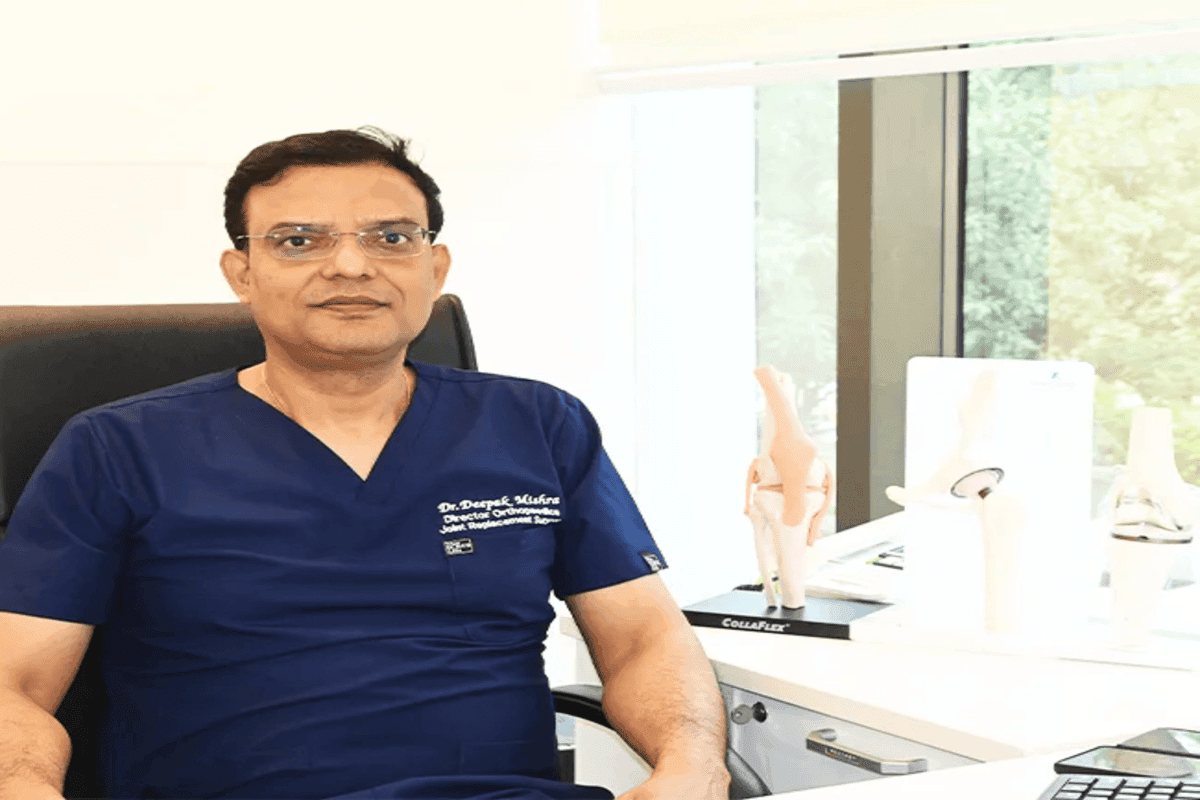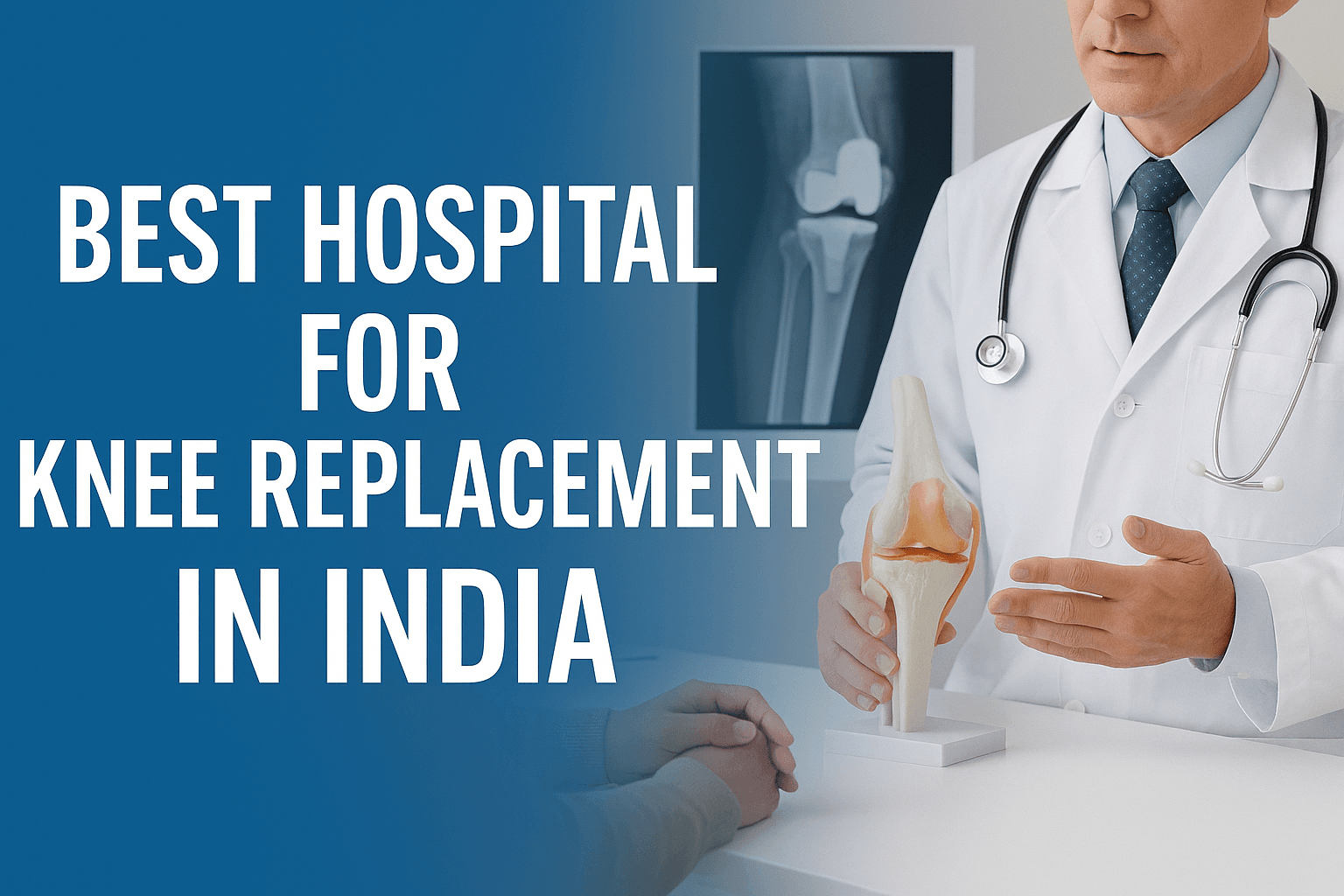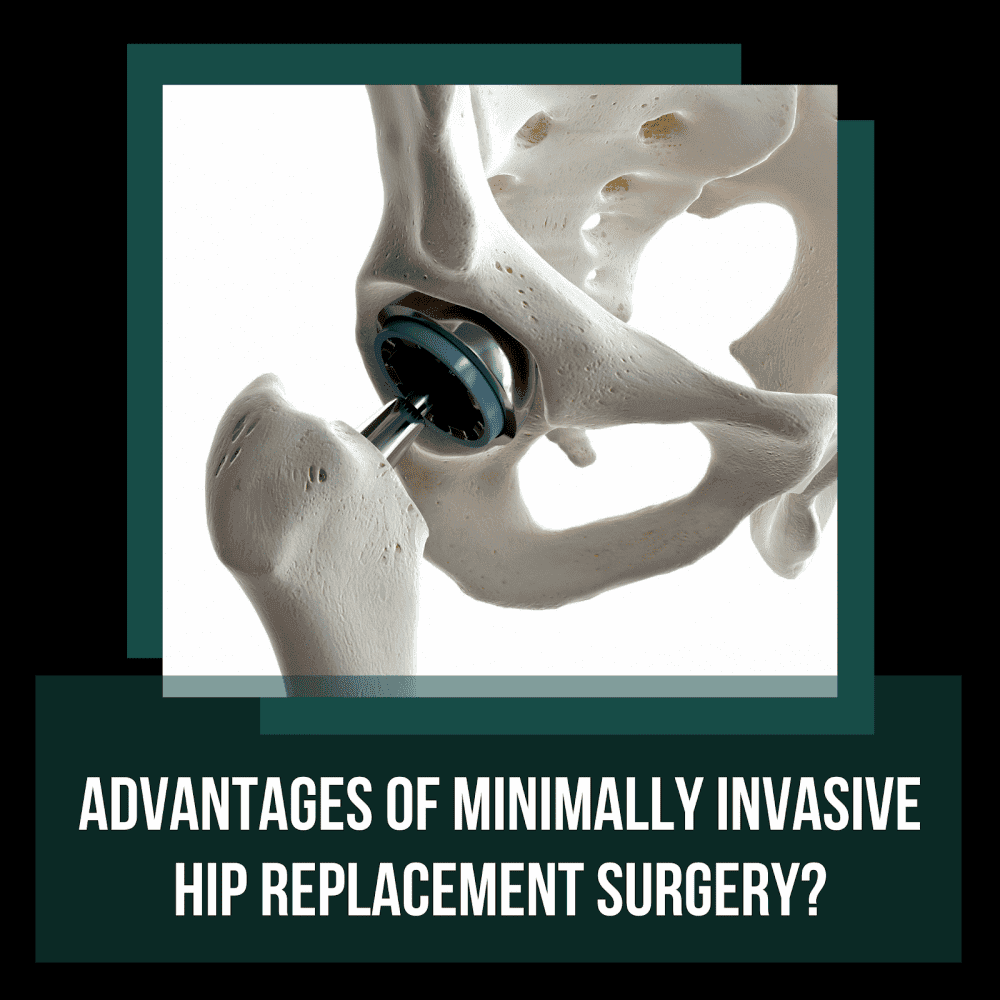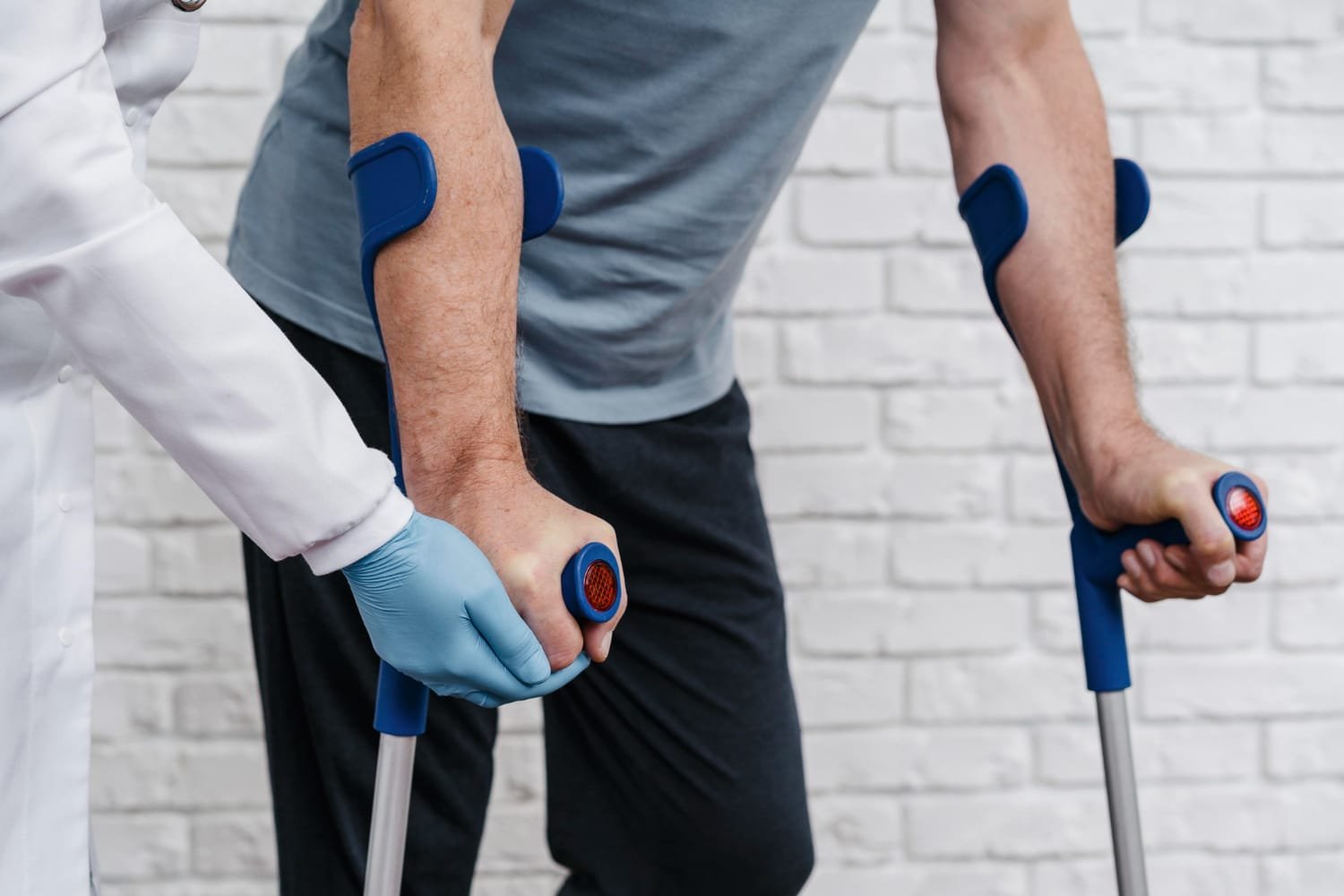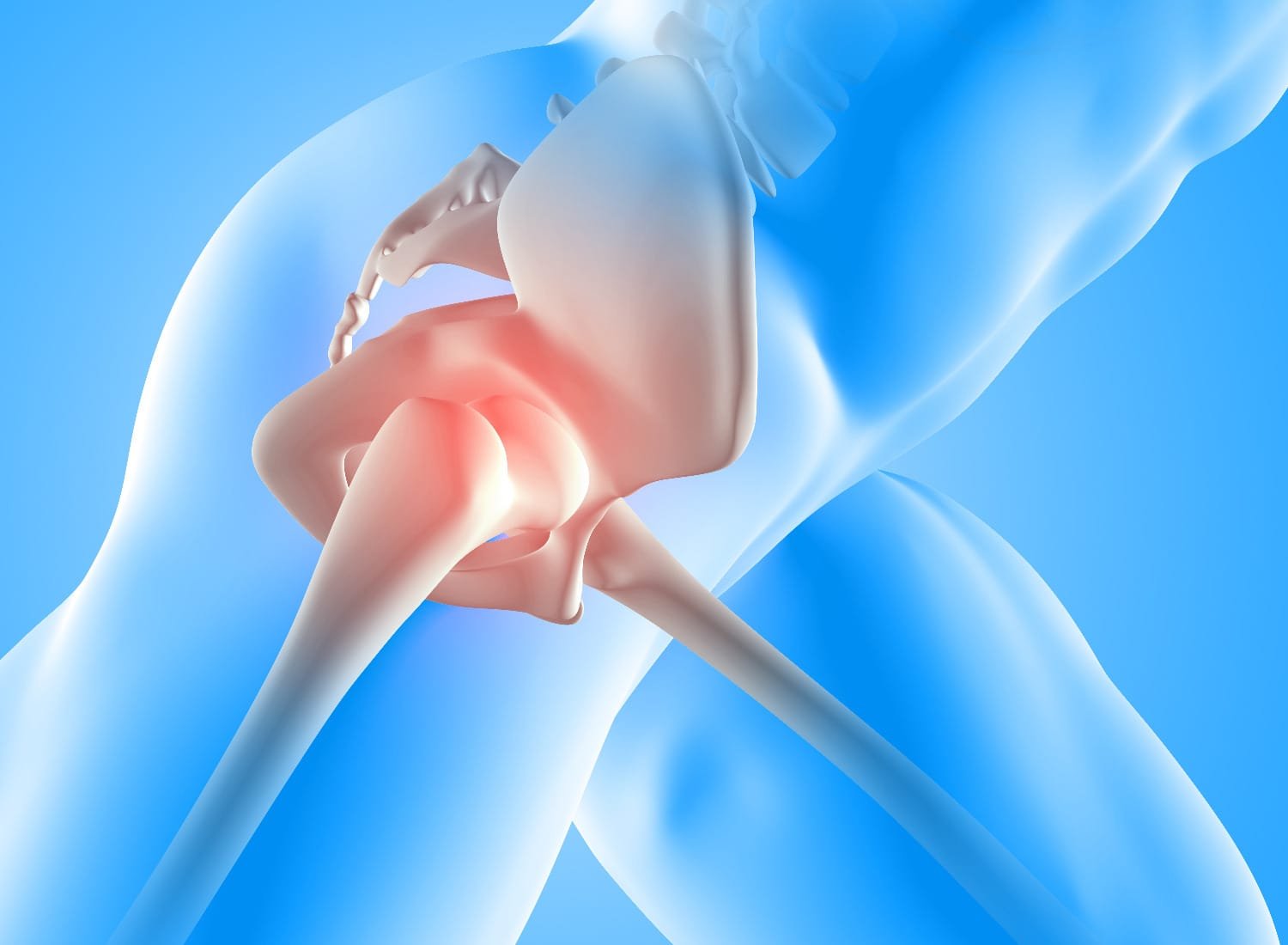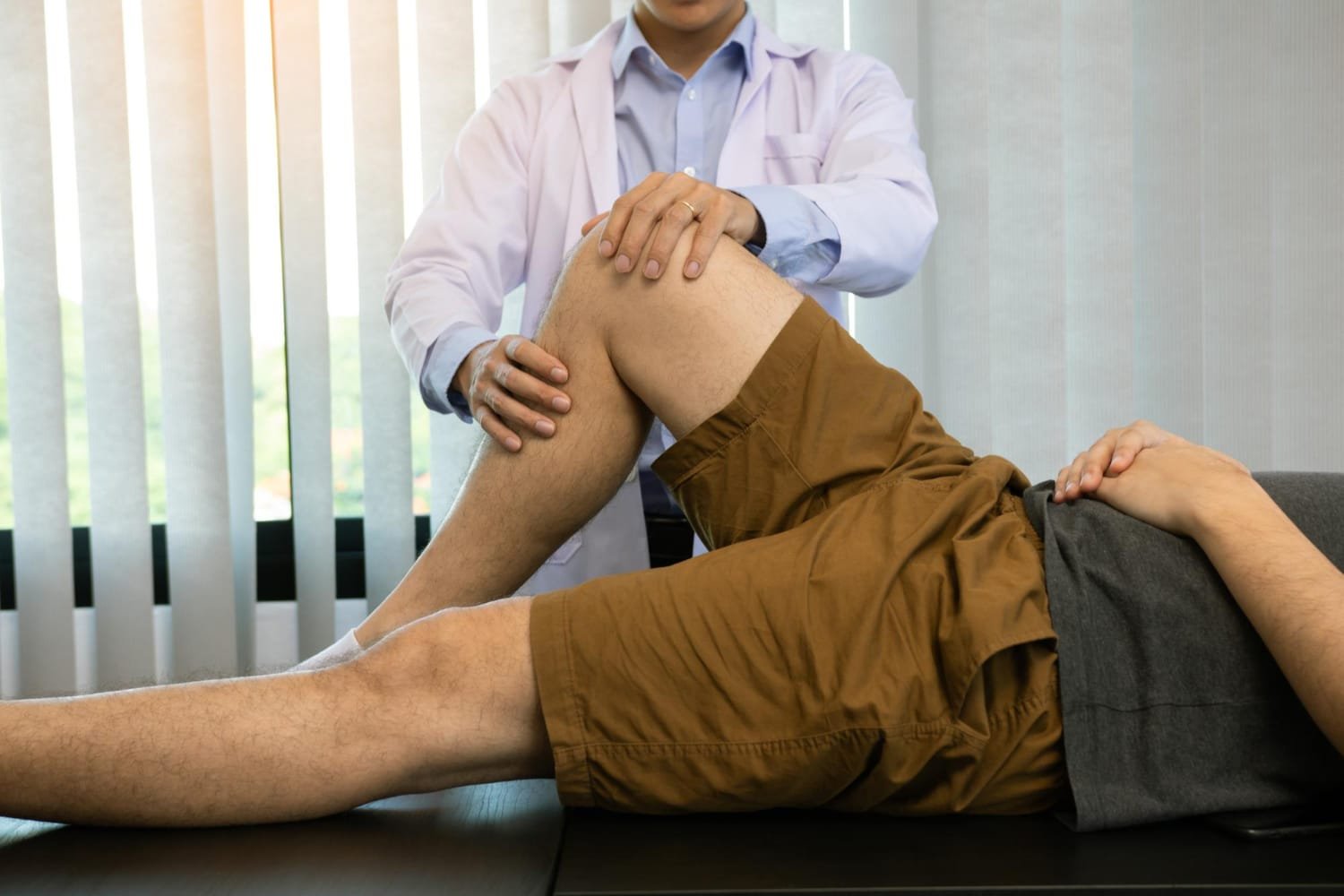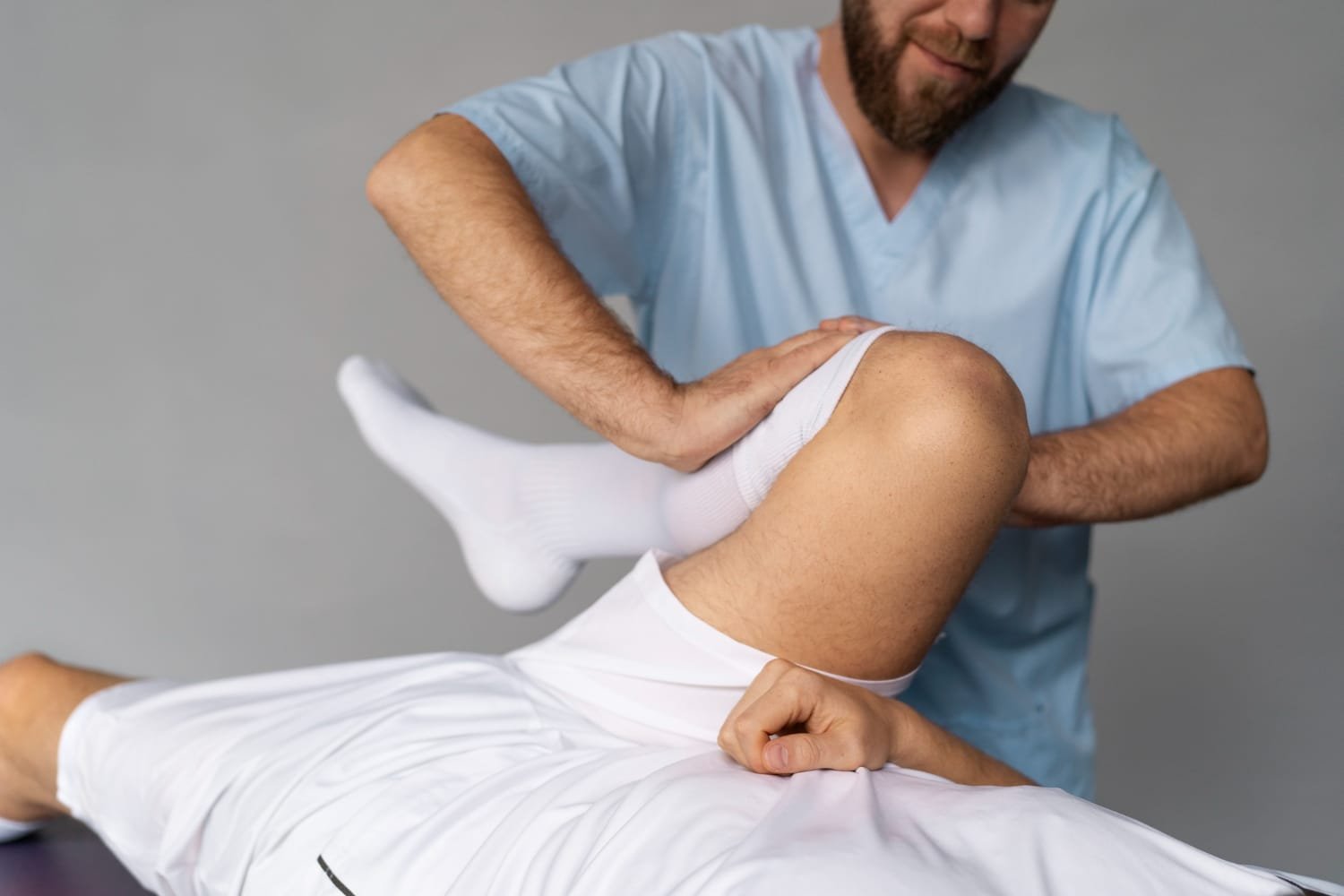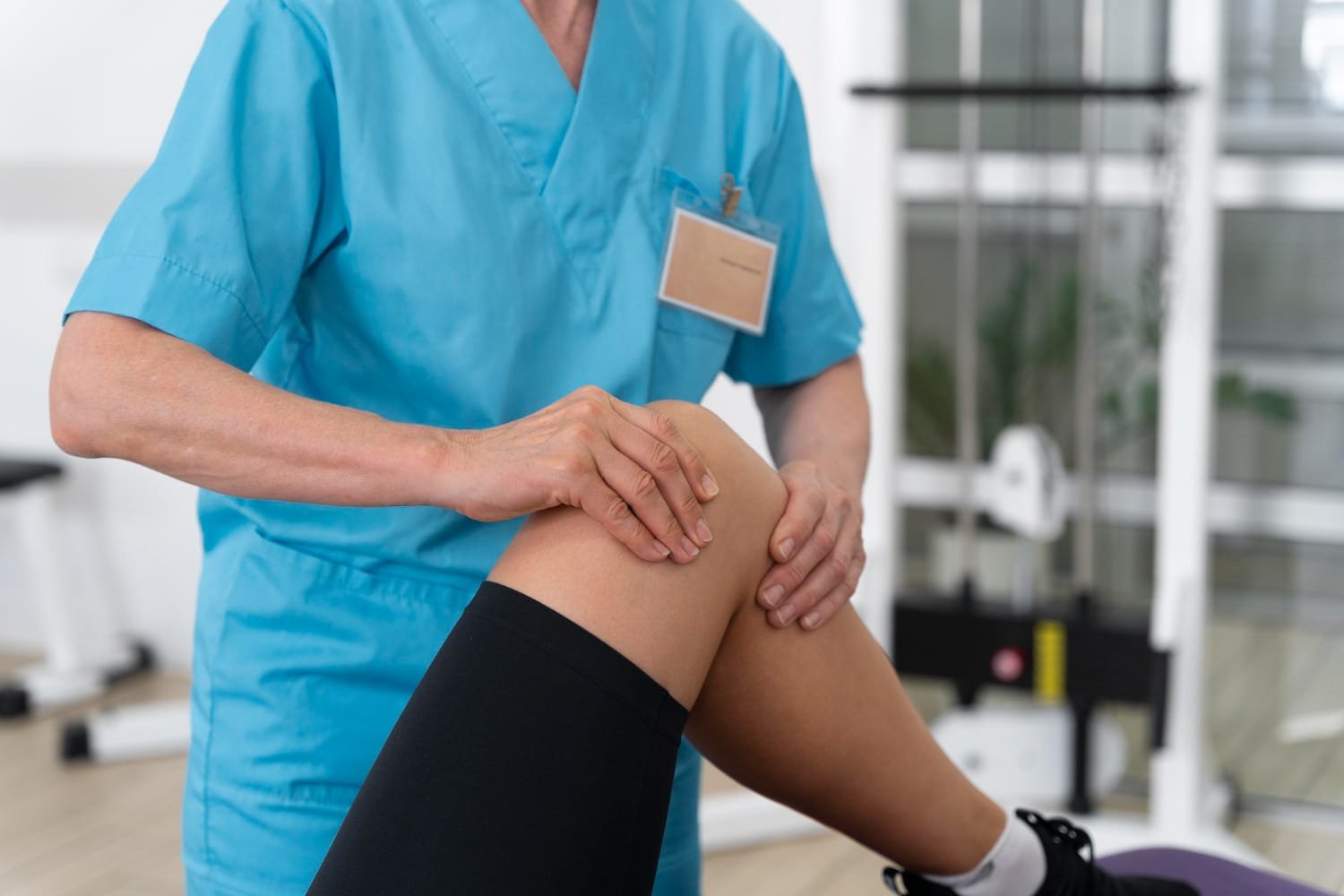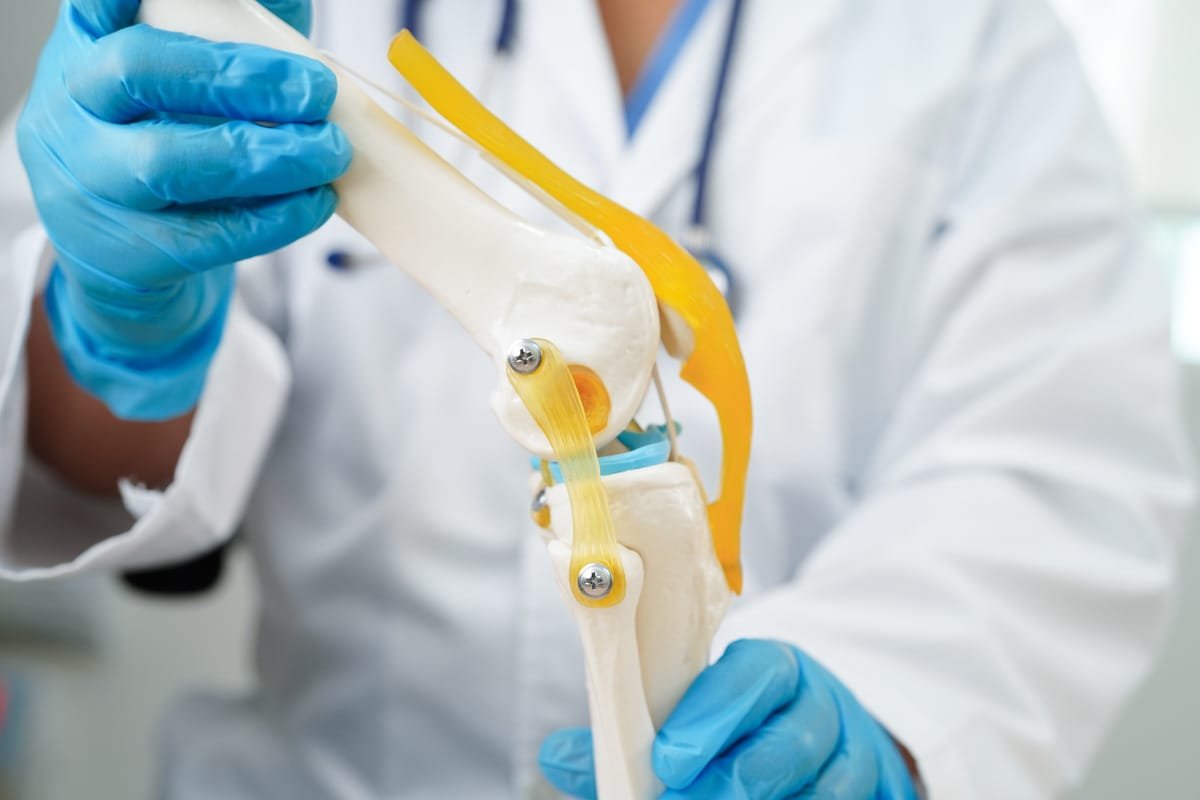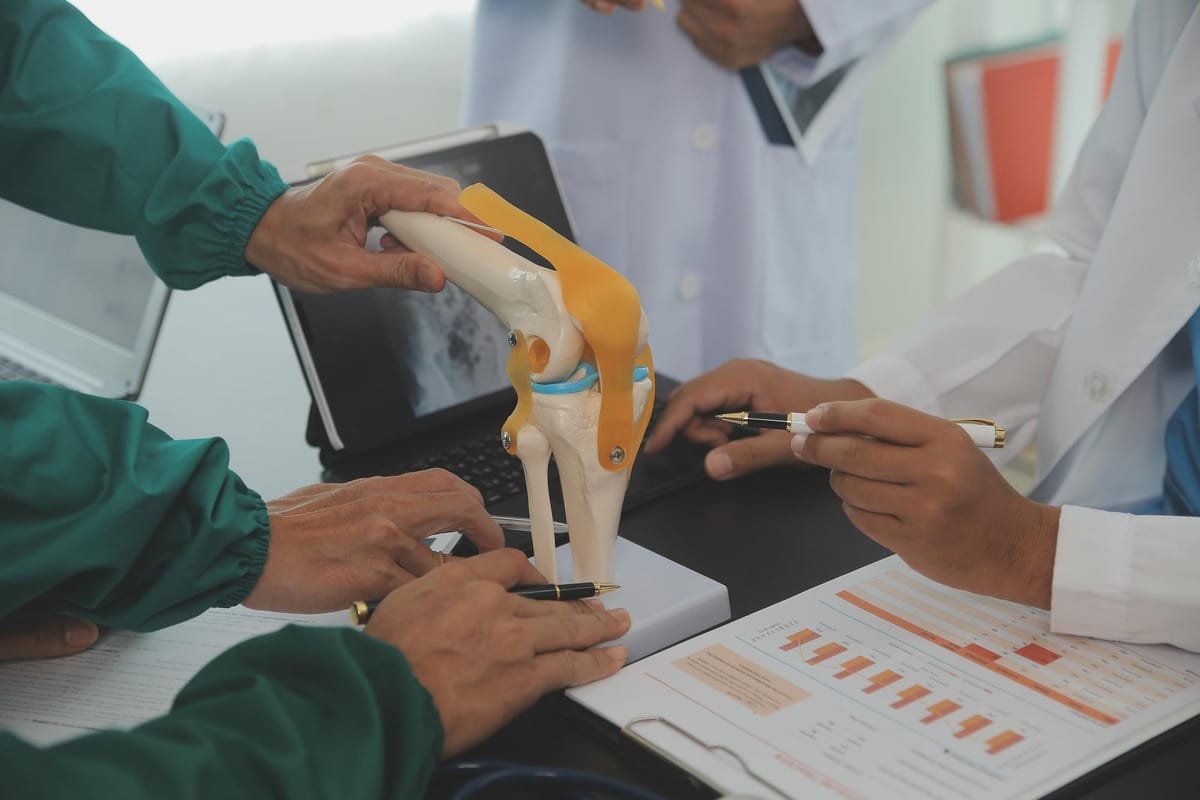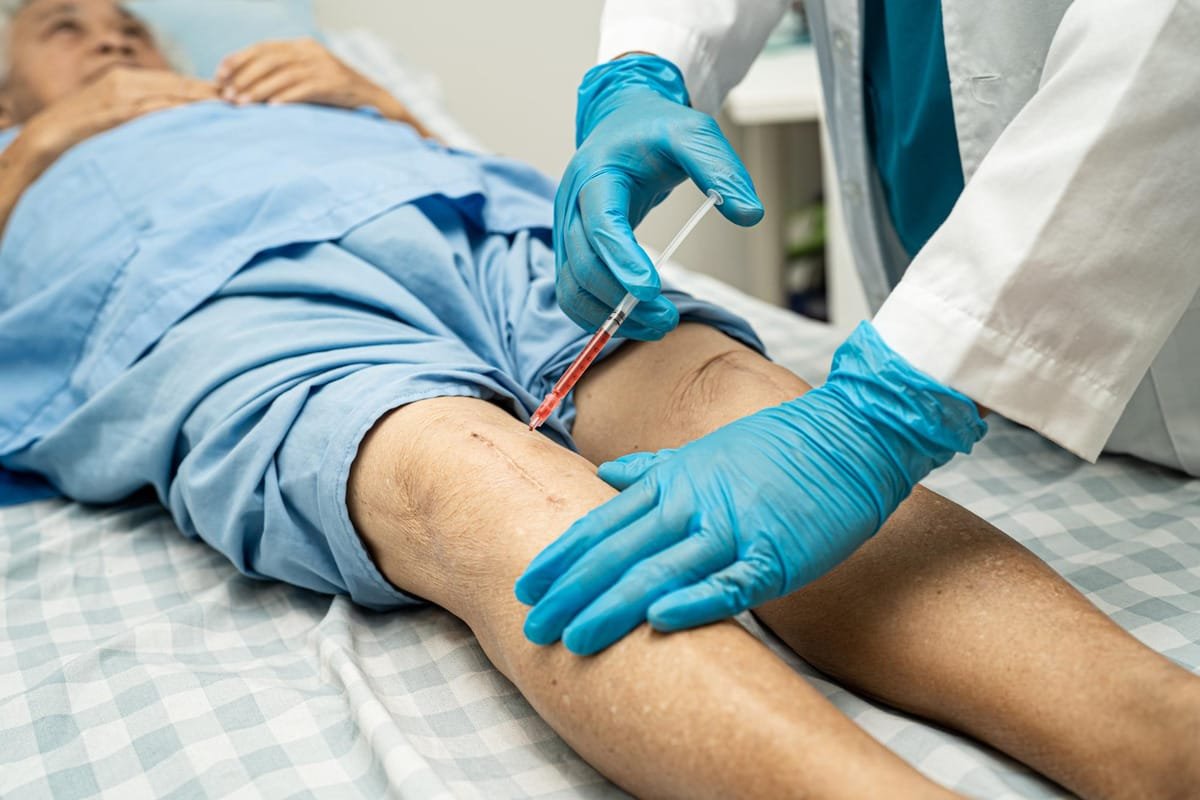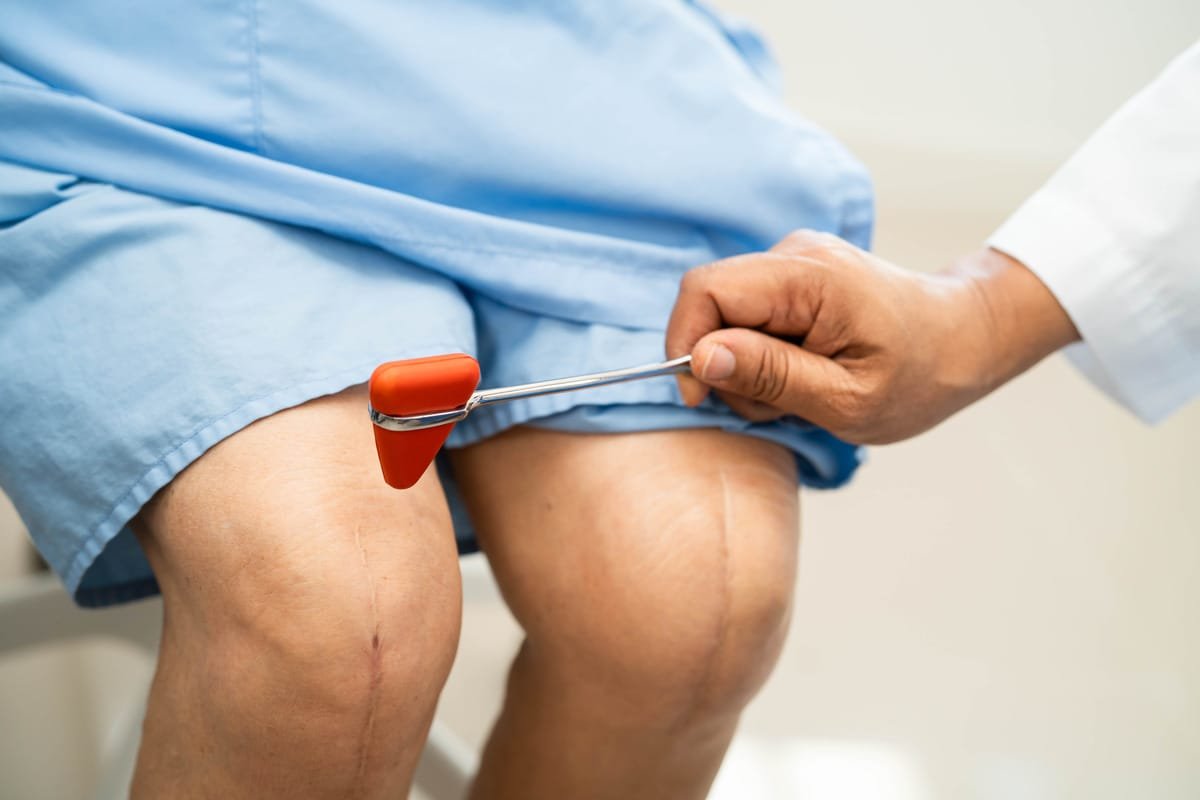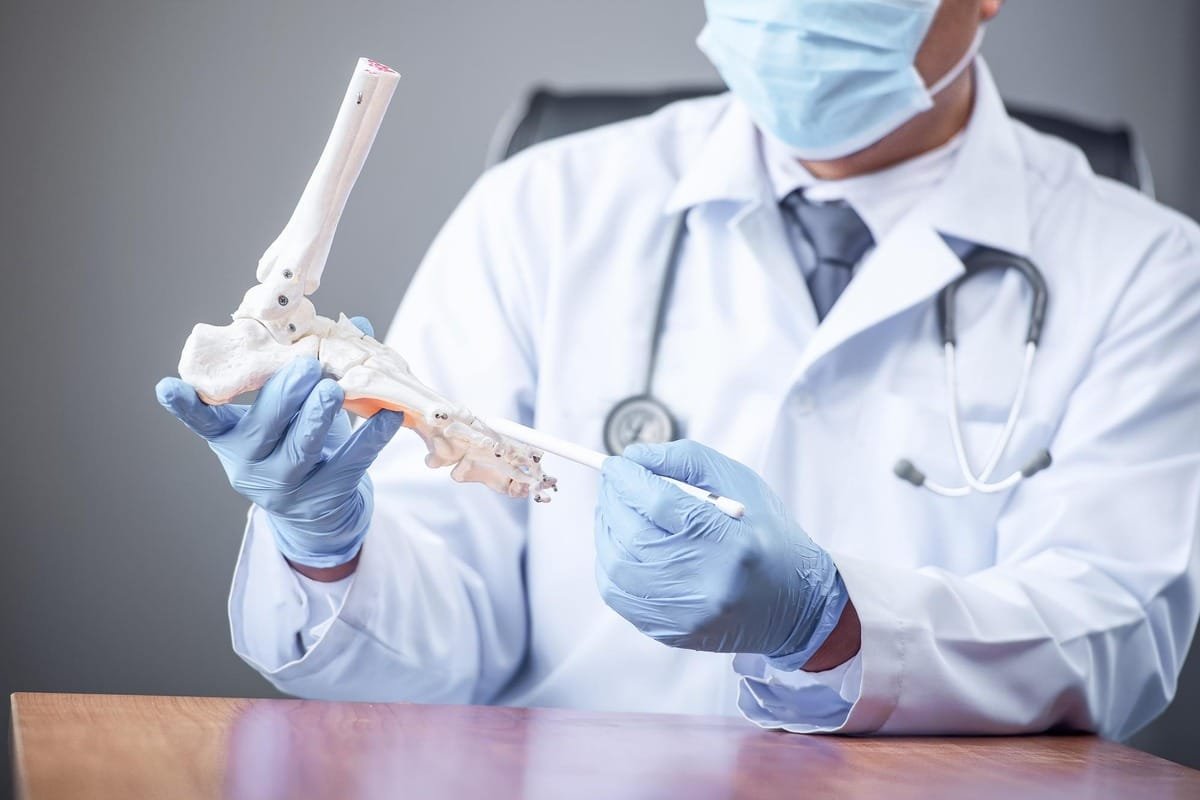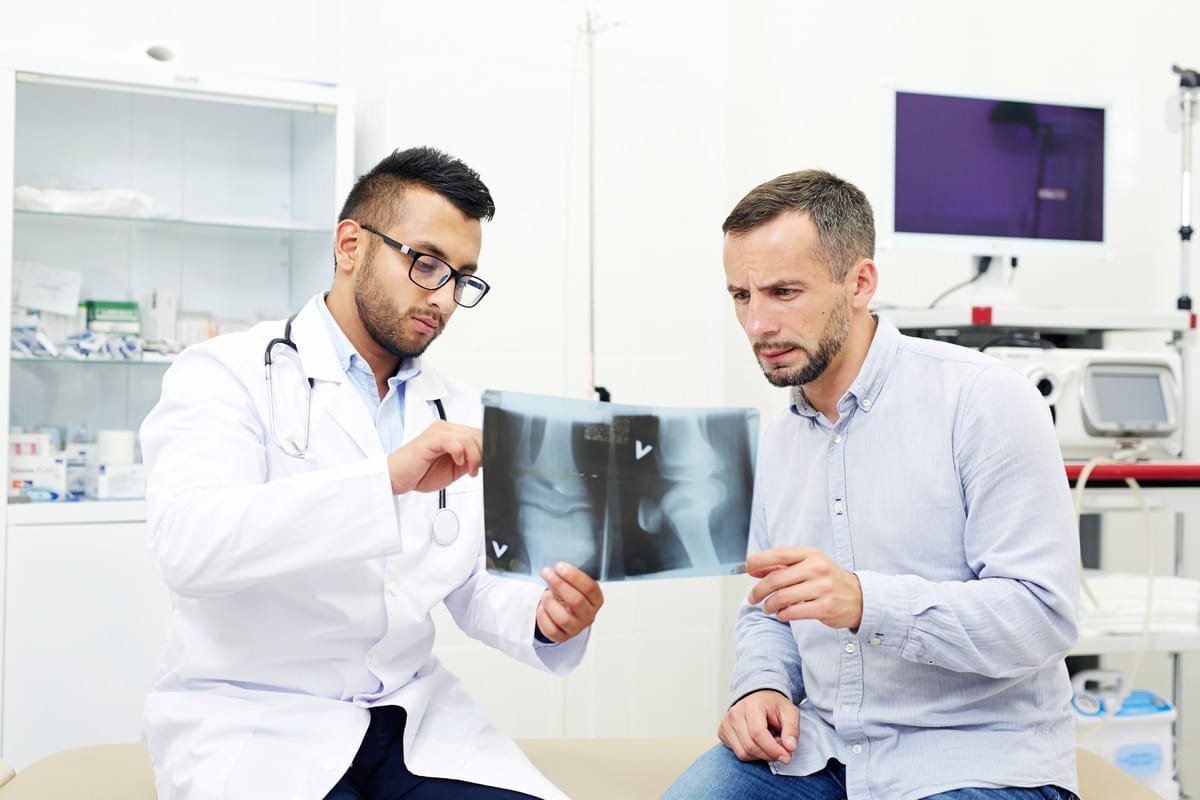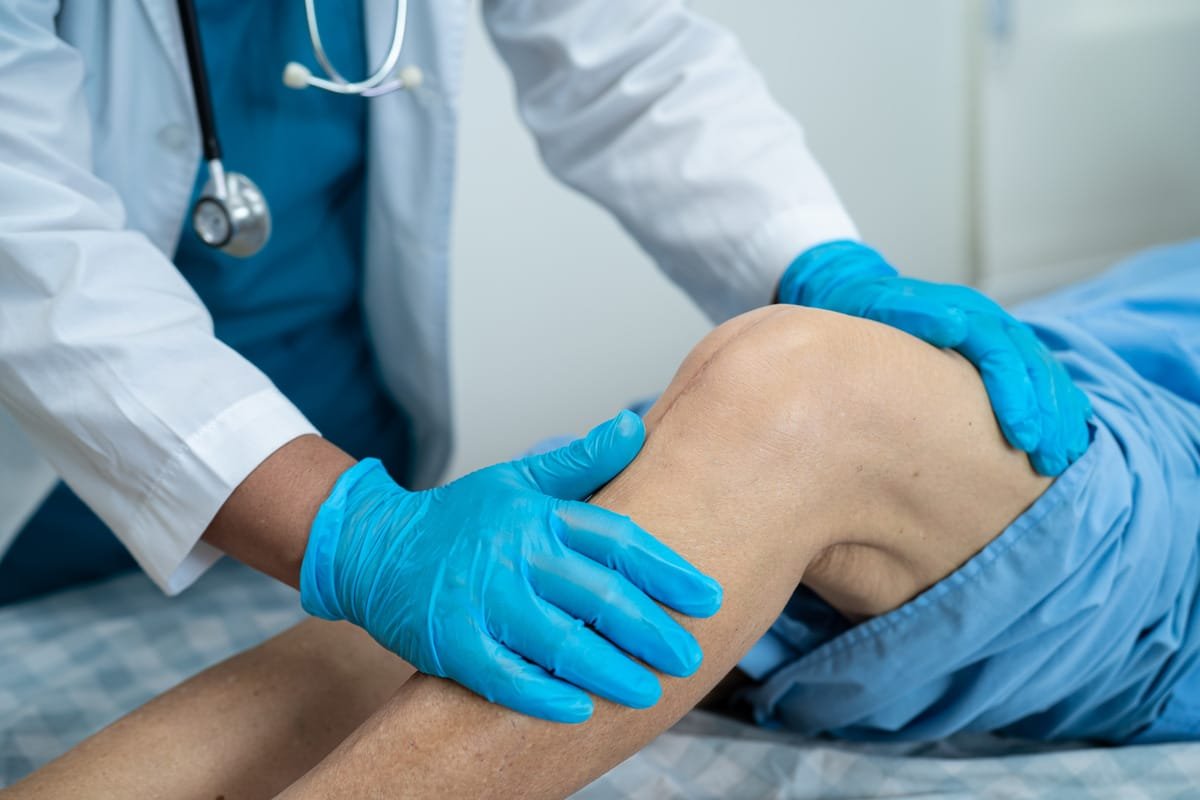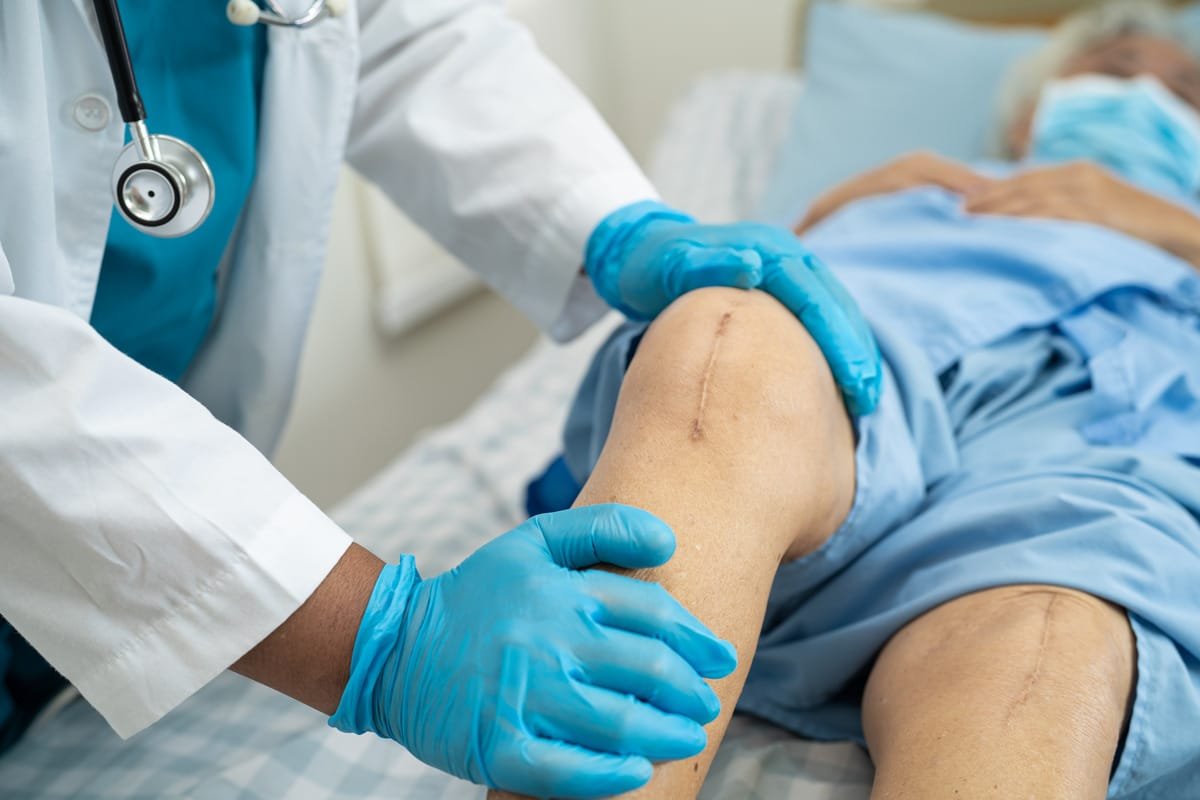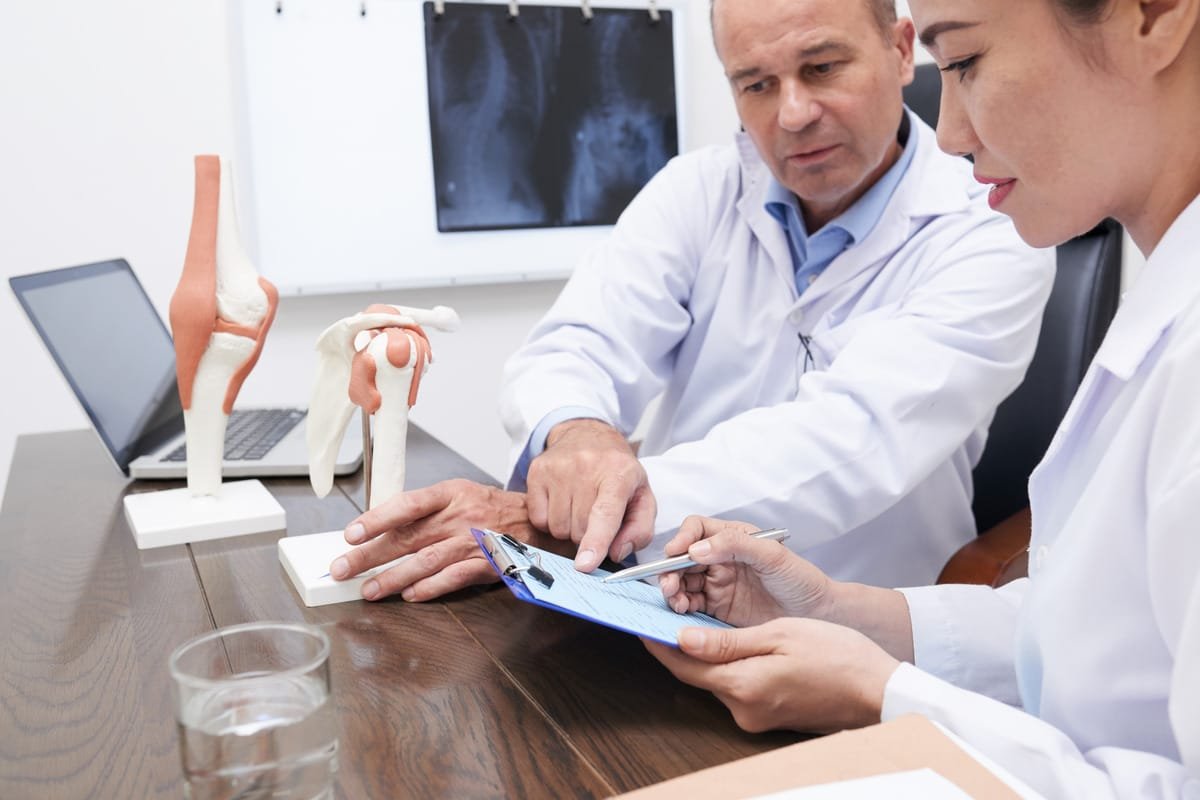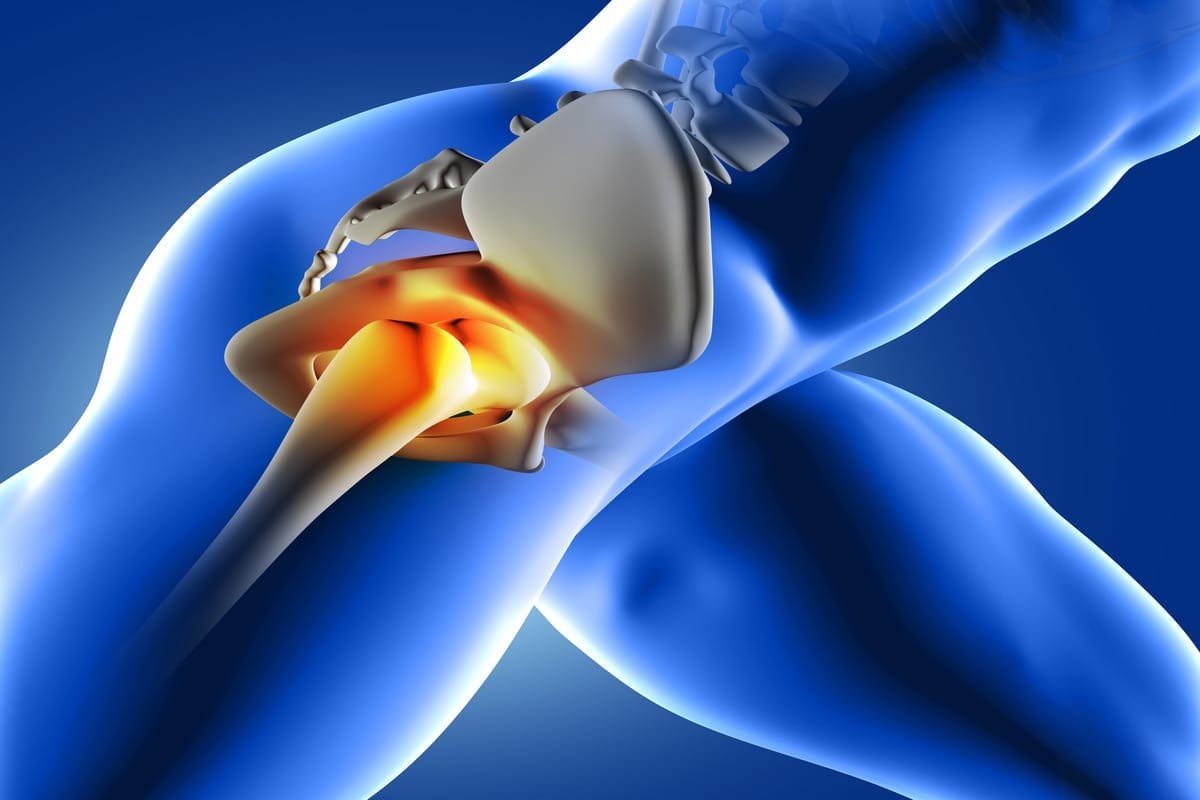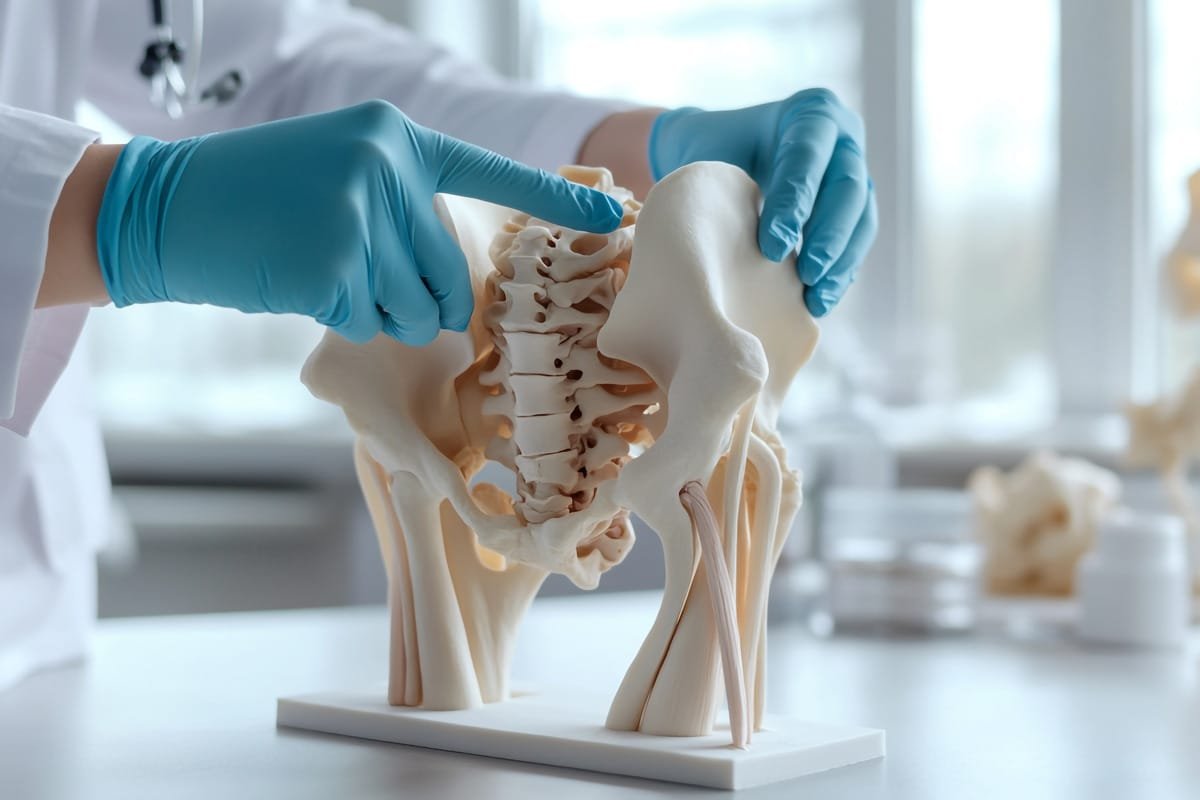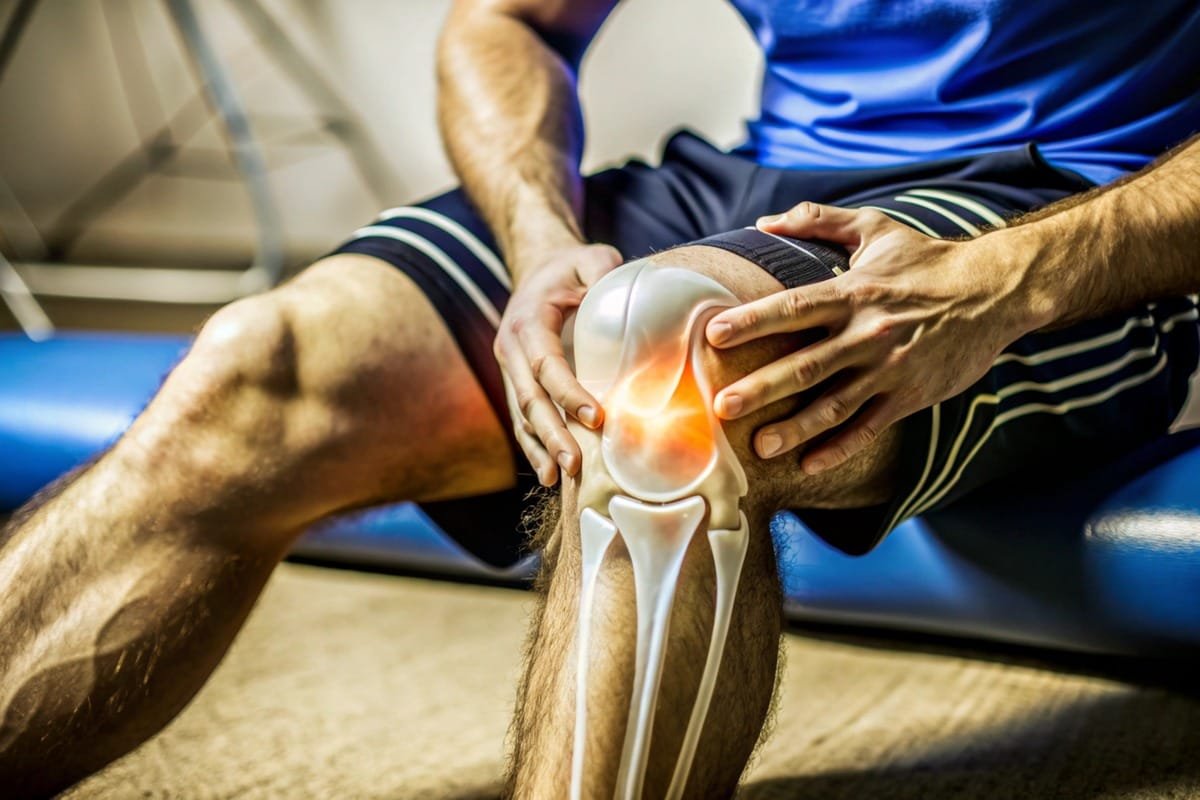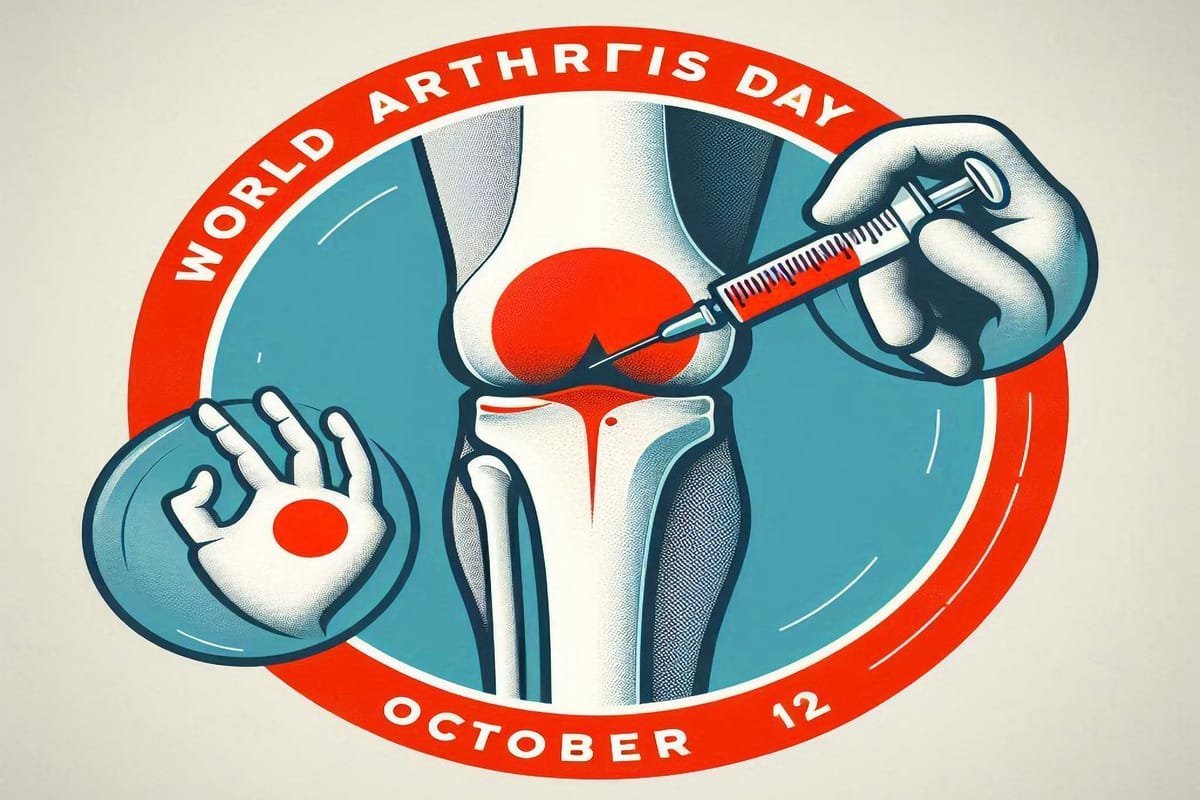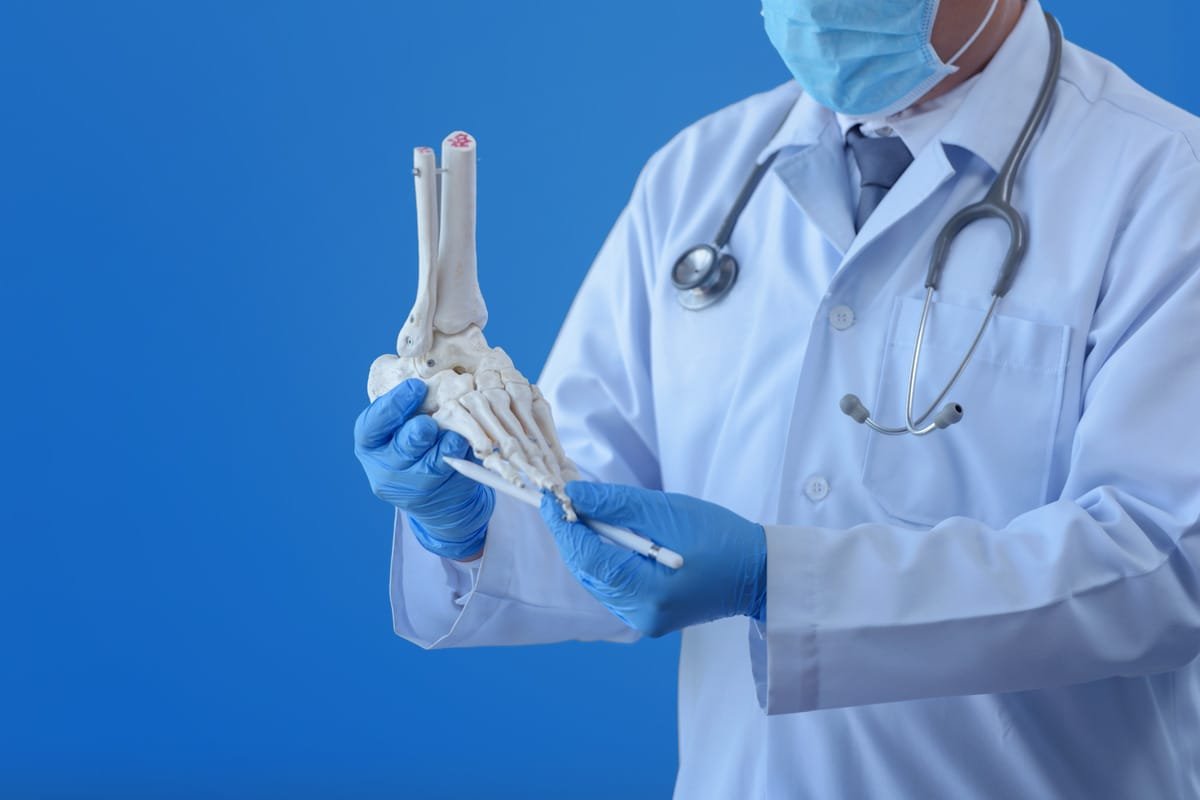
Orthopedic Surgeons: 7 Things You Need to Know
January 27, 2025Orthopedic surgeons play a vital role in maintaining and improving our musculoskeletal health. From addressing sports injuries to managing chronic conditions, these specialists have extensive training to diagnose, treat, and prevent disorders of the bones, joints, ligaments, tendons, and muscles. Here are seven key things you need to know about orthopedic surgeons:
1. What Does an Orthopedic Surgeon Do?
Orthopedic surgeons specialize in diagnosing and treating conditions related to the musculoskeletal system. Their expertise extends to a wide variety of conditions, including bone fractures, joint dislocations, torn ligaments, degenerative diseases like arthritis, and deformities. They perform surgeries like joint replacements, ligament repairs, spinal fusions, and fracture treatments. Beyond surgical interventions, orthopedic surgeons often recommend non-surgical treatments, such as physical therapy, lifestyle modifications, medications, or injections like corticosteroids or hyaluronic acid.
2. When Should You See an Orthopedic Surgeon?
It can be challenging to determine when to see an orthopedic surgeon, but some signs are clear indicators. You should consult an orthopedic specialist if you experience:
- Persistent or chronic pain in the joints, muscles, or bones.
- Difficulty in performing daily activities due to pain or reduced mobility.
- Instability, swelling, or stiffness in any part of your musculoskeletal system.
- An injury that doesn’t heal properly or worsens over time.
- Conditions like arthritis, osteoporosis, carpal tunnel syndrome, or herniated discs.
Prompt consultation with an orthopedic surgeon can help prevent complications and improve your quality of life.
3. They Don’t Always Recommend Surgery
Contrary to popular belief, orthopedic surgeons do not jump straight to surgical solutions. They often prioritize conservative treatments first, such as physical therapy, medication, or alternative therapies. For instance, conditions like early-stage arthritis or minor ligament sprains can often be managed without surgery. The goal is always to provide the least invasive treatment that achieves effective results. Surgery is typically reserved for severe cases where other methods have proven ineffective.
4. Specialization Areas in Orthopedics
Orthopedics is a broad field, and many surgeons specialize in specific areas to provide the best care. Common subspecialties include:
- Sports Medicine: Focusing on the prevention and treatment of sports-related injuries like ACL tears, rotator cuff injuries, and meniscus tears.
- Joint Replacement: Specializing in replacing damaged joints, such as hips, knees, and shoulders, often due to arthritis or trauma.
- Pediatric Orthopedics: Addressing congenital or developmental musculoskeletal issues in children, such as scoliosis or clubfoot.
- Spine Surgery: Treating conditions like herniated discs, spinal stenosis, and degenerative spine disorders.
- Trauma and Fracture Surgery: Handling complex fractures and injuries caused by accidents or trauma.
- Hand and Wrist Surgery: Treating carpal tunnel syndrome, fractures, and tendon injuries in the hand and wrist.
By focusing on a particular area, orthopedic surgeons gain deeper expertise and provide more precise care.
5. Advanced Techniques and Technology
Orthopedic surgery has undergone remarkable advancements in recent years, making treatments more effective and less invasive. Some of the cutting-edge techniques include:
- Minimally Invasive Surgery: Techniques like arthroscopy allow surgeons to operate using small incisions, reducing recovery time and scarring.
- Robotic-Assisted Surgery: Robotics enhances precision in procedures such as knee replacements, leading to better alignment and outcomes.
- 3D-Printed Implants: Custom-designed implants are being used for joint replacements and reconstructive surgeries, ensuring a perfect fit.
- Regenerative Medicine: Treatments like platelet-rich plasma (PRP) therapy and stem cell therapy are emerging as promising options for tissue repair and healing.
- Enhanced Imaging Technology: Advanced imaging like MRI and CT scans helps surgeons diagnose conditions accurately and plan surgeries with precision.
These advancements allow patients to recover faster, experience less pain, and achieve improved outcomes.
6. Choosing the Right Orthopedic Surgeon
Selecting the right orthopedic surgeon is crucial for effective treatment and recovery. Here are some factors to consider:
- Experience and Credentials: Ensure the surgeon is board-certified and has extensive experience in treating your specific condition.
- Specialization: Look for a surgeon who specializes in the type of treatment you need, whether it’s joint replacement, spine surgery, or sports medicine.
- Patient Reviews: Read reviews and testimonials from previous patients to gauge the surgeon’s expertise and bedside manner.
- Communication Skills: A good surgeon should explain your condition and treatment options clearly and address all your concerns.
- Hospital Affiliation: Consider surgeons affiliated with reputed hospitals or medical centers equipped with state-of-the-art facilities.
7. Dr. Deepak Mishra: The Best Orthopedic Surgeon in Faridabad
For residents of Faridabad and the surrounding regions, Dr. Deepak Mishra is widely recognized as a leading orthopedic surgeon. With years of experience and a proven track record of successful outcomes, Dr. Mishra has become a trusted name in orthopedic care. His expertise includes:
- Joint Replacement Surgeries: Performing advanced knee, hip, and shoulder replacements with a focus on minimally invasive techniques.
- Arthroscopic Procedures: Using small incisions and cameras to diagnose and treat joint issues, such as torn ligaments and cartilage damage.
- Sports Injury Management: Providing comprehensive care for athletes, from injury prevention to rehabilitation.
- Patient-Centered Care: Dr. Mishra is known for his compassionate approach, taking the time to understand each patient’s unique needs and crafting personalized treatment plans.
Patients praise Dr. Mishra for his skill, professionalism, and dedication to helping them regain mobility and live pain-free lives. His state-of-the-art clinic in Faridabad is equipped with the latest technology, ensuring the best possible care for every patient.
Conclusion
Orthopedic surgeons play a critical role in helping patients lead active, pain-free lives. From advanced surgical techniques to personalized non-surgical treatments, these specialists address a wide range of musculoskeletal issues. If you’re struggling with chronic pain, reduced mobility, or an injury, consulting an experienced and skilled orthopedic surgeon like Dr. Deepak Mishra can make all the difference. Early intervention is key—don’t wait to take the first step toward improved musculoskeletal health.
Recent Blogs
-
 ACL Tears in Athletes: Symptoms, Treatment Options & Recovery
ACL Tears in Athletes: Symptoms, Treatment Options & Recovery- 19, November 2025
-
 Sports Injuries That Often Lead to Knee Replacement
Sports Injuries That Often Lead to Knee Replacement- 19, November 2025
-
 Orthopedic Care for Elderly Patients — A Complete Guide
Orthopedic Care for Elderly Patients — A Complete Guide- 12, November 2025
-
 How Long Do Knee Implants Last? (10–20 Year Longevity Guide)
How Long Do Knee Implants Last? (10–20 Year Longevity Guide)- 12, November 2025
-
 Importance of Early Diagnosis in Bone and Joint Problems
Importance of Early Diagnosis in Bone and Joint Problems- 28, October 2025
-
 Best Treatment Options for Sports Injuries
Best Treatment Options for Sports Injuries- 28, October 2025
-
 The Difference Between ACL Tear, Sprain, and Rupture
The Difference Between ACL Tear, Sprain, and Rupture- 16, October 2025
-
 Post-ACL Surgery Do’s and Don’ts
Post-ACL Surgery Do’s and Don’ts- 16, October 2025
-
 Early Signs You Might Have an ACL Injury (and When to See a Doctor)
Early Signs You Might Have an ACL Injury (and When to See a Doctor)- 16, October 2025
-
 Does Insurance Cover Robotic Knee Replacement Surgery?
Does Insurance Cover Robotic Knee Replacement Surgery?- 6, October 2025
-
 When Can You Return to Sports After Robotic Knee Replacement?
When Can You Return to Sports After Robotic Knee Replacement?- 6, October 2025
-
 Impact of Obesity on Knee Replacement Surgery and Recovery
Impact of Obesity on Knee Replacement Surgery and Recovery- 30, September 2025
-
 Early vs. Delayed Knee Replacement: Which Is Better?
Early vs. Delayed Knee Replacement: Which Is Better?- 30, September 2025
-
 How Durable Are Knee Implants? A Complete Guide
How Durable Are Knee Implants? A Complete Guide- 24, September 2025
-
 Can You Play Sports After Knee Replacement Surgery?
Can You Play Sports After Knee Replacement Surgery?- 24, September 2025
-
 Key Benefits of Revision Hip Replacement You Should Know
Key Benefits of Revision Hip Replacement You Should Know- 15, September 2025
-
 Revision Hip Replacement vs. Primary Hip Replacement: Key Differences
Revision Hip Replacement vs. Primary Hip Replacement: Key Differences- 15, September 2025
-

-
 Total Knee Replacement Complications: What You Need to Know
Total Knee Replacement Complications: What You Need to Know- 5, September 2025
-
 Can You Play Sports After Hip Replacement Surgery?
Can You Play Sports After Hip Replacement Surgery?- 26, August 2025
-
 Preparing for Knee Replacement: Do’s and Don’ts Before Surgery
Preparing for Knee Replacement: Do’s and Don’ts Before Surgery- 26, August 2025
-

-
 What to Know About Knee Replacement Revision Surgery
What to Know About Knee Replacement Revision Surgery- 18, August 2025
-
 Cost of Hip Replacement in India – What Patients Should Know
Cost of Hip Replacement in India – What Patients Should Know- 11, August 2025
-

-
 Who Is the Best Orthopedic Doctor for Sports Injuries?
Who Is the Best Orthopedic Doctor for Sports Injuries?- 27, July 2025
-
 Success Rate of Robotic Knee Replacement in India
Success Rate of Robotic Knee Replacement in India- 27, July 2025
-
 Why Surgeons Are Switching to Robotic Knee Replacements
Why Surgeons Are Switching to Robotic Knee Replacements- 15, July 2025
-
 Do’s and Don’ts After Knee Replacement Surgery
Do’s and Don’ts After Knee Replacement Surgery- 15, July 2025
-
 Best Robotic Knee Replacement in India
Best Robotic Knee Replacement in India- 7, July 2025
-
 Affordable Robotic Knee Replacement in India
Affordable Robotic Knee Replacement in India- 7, July 2025
-

-

-

-

-

-

-

-
 Orthopedic Meaning, Definition, Types, and More
Orthopedic Meaning, Definition, Types, and More- 6, June 2025
-
 What Are the Most Common Orthopedic Surgeries?
What Are the Most Common Orthopedic Surgeries?- 24, May 2025
-
 What Does an Orthopedic Doctor Do?
What Does an Orthopedic Doctor Do?- 24, May 2025
-

-

-

-
 Best Orthopedic Doctor for Knee Pain in Faridabad
Best Orthopedic Doctor for Knee Pain in Faridabad- 12, May 2025
-
 How to Prevent Knee Pain with Orthopedic Expert Tips
How to Prevent Knee Pain with Orthopedic Expert Tips- 29, April 2025
-

-
 Best Orthopedic Treatment in Faridabad: What You Should Know
Best Orthopedic Treatment in Faridabad: What You Should Know- 29, April 2025
-

-

-
 Best Knee Replacement Surgeon in Mathura
Best Knee Replacement Surgeon in Mathura- 14, April 2025
-
 Best Knee Replacement Surgeon in Hodal
Best Knee Replacement Surgeon in Hodal- 14, April 2025
-
 Best Knee Replacement Surgeon in Palwal
Best Knee Replacement Surgeon in Palwal- 14, April 2025
-

-

-

-
 Benefits of Minimally Invasive Knee Surgery
Benefits of Minimally Invasive Knee Surgery- 24, March 2025
-
 Types of Knee Implants
Types of Knee Implants- 17, March 2025
-
 Best knee Replacement Surgeon in India
Best knee Replacement Surgeon in India- 17, March 2025
-

-
 How to Recover Quickly After Knee Replacement Surgery
How to Recover Quickly After Knee Replacement Surgery- 10, March 2025
-

-

-

-
 Minimally Invasive Arthroplasty: Benefits and Recovery Advantages
Minimally Invasive Arthroplasty: Benefits and Recovery Advantages- 24, February 2025
-
 Common Mistakes to Avoid After Joint Replacement Surgery
Common Mistakes to Avoid After Joint Replacement Surgery- 24, February 2025
-
 Choosing the Right Hip Replacement Surgeon: A Comprehensive Guide
Choosing the Right Hip Replacement Surgeon: A Comprehensive Guide- 17, February 2025
-
 Restoring Mobility: The Role of Knee Replacement Doctors
Restoring Mobility: The Role of Knee Replacement Doctors- 17, February 2025
-
 Orthopedic Trauma Care for Athletes
Orthopedic Trauma Care for Athletes- 6, February 2025
-
 Best Doctor for ACL Tear Treatment
Best Doctor for ACL Tear Treatment- 6, February 2025
-
 Best Sports Medicine Doctor for Knee Injuries
Best Sports Medicine Doctor for Knee Injuries- 6, February 2025
-
 Orthopedic Surgeons: 7 Things You Need to Know
Orthopedic Surgeons: 7 Things You Need to Know- 27, January 2025
-
 Best Joint Replacement Surgeon in Greater Faridabad
Best Joint Replacement Surgeon in Greater Faridabad- 27, January 2025
-
 Best Knee Replacement Surgeon in Palwal
Best Knee Replacement Surgeon in Palwal- 20, January 2025
-
 Best Knee Replacement Surgeon in South Delhi
Best Knee Replacement Surgeon in South Delhi- 20, January 2025
-
 Signs You May Need a Knee Replacement: Insights from a Surgeon
Signs You May Need a Knee Replacement: Insights from a Surgeon- 13, January 2025
-
 Restoring Mobility: The Role of Knee Replacement Doctor
Restoring Mobility: The Role of Knee Replacement Doctor- 13, January 2025
-
 Robotic Knee Replacement Surgery in Delhi
Robotic Knee Replacement Surgery in Delhi- 30, December 2024
-
 Robotic Orthopedic Surgery: Revolutionizing Joint Replacement and Repair
Robotic Orthopedic Surgery: Revolutionizing Joint Replacement and Repair- 30, December 2024
-
 Robotic Knee Replacement vs. Traditional Surgery: A Comparative Guide
Robotic Knee Replacement vs. Traditional Surgery: A Comparative Guide- 23, December 2024
-
 How to Make Joints Stronger: A Comprehensive Guide
How to Make Joints Stronger: A Comprehensive Guide- 23, December 2024
-
 Common Knee Conditions and How a Knee Surgeon Can Help
Common Knee Conditions and How a Knee Surgeon Can Help- 16, December 2024
-

-

-
 Orthopedic Surgeons: 7 Things You Need to Know
Orthopedic Surgeons: 7 Things You Need to Know- 6, December 2024
-
 Top 5 Mistakes After Knee Replacement
Top 5 Mistakes After Knee Replacement- 25, November 2024
-
 Advantages and Disadvantages of Robotic Knee Replacement
Advantages and Disadvantages of Robotic Knee Replacement- 25, November 2024
-
 When to See an Orthopedic Specialist: Recognizing Early Signs
When to See an Orthopedic Specialist: Recognizing Early Signs- 15, November 2024
-
 Benefits of Robotic-Assisted Knee Replacement Surgery
Benefits of Robotic-Assisted Knee Replacement Surgery- 15, November 2024
-
 Knee Replacement Surgery Cost
Knee Replacement Surgery Cost- 8, November 2024
-
 Best Robotic Knee Replacement Surgeon in Faridabad
Best Robotic Knee Replacement Surgeon in Faridabad- 8, November 2024
-

-
 Knee Replacement Surgery: Types, Benefits, and Recovery Timeline
Knee Replacement Surgery: Types, Benefits, and Recovery Timeline- 28, October 2024
-
 What is Osteoporosis? Symptoms, Causes, and Prevention
What is Osteoporosis? Symptoms, Causes, and Prevention- 21, October 2024
-
 Signs It’s Time for a Knee Replacement: When to Consult a Surgeon
Signs It’s Time for a Knee Replacement: When to Consult a Surgeon- 18, October 2024
-
 Understanding Different Types of Arthritis: Symptoms and Causes
Understanding Different Types of Arthritis: Symptoms and Causes- 11, October 2024
-
 Taking Care After Knee Replacement Surgery
Taking Care After Knee Replacement Surgery- 15, December 2022
-
 Amazing Ways to Get Relief from Arthritis Pain Naturally
Amazing Ways to Get Relief from Arthritis Pain Naturally- 2, December 2022
-

-
 How Does Fat Affect Arthritis?
How Does Fat Affect Arthritis?- 4, November 2022
